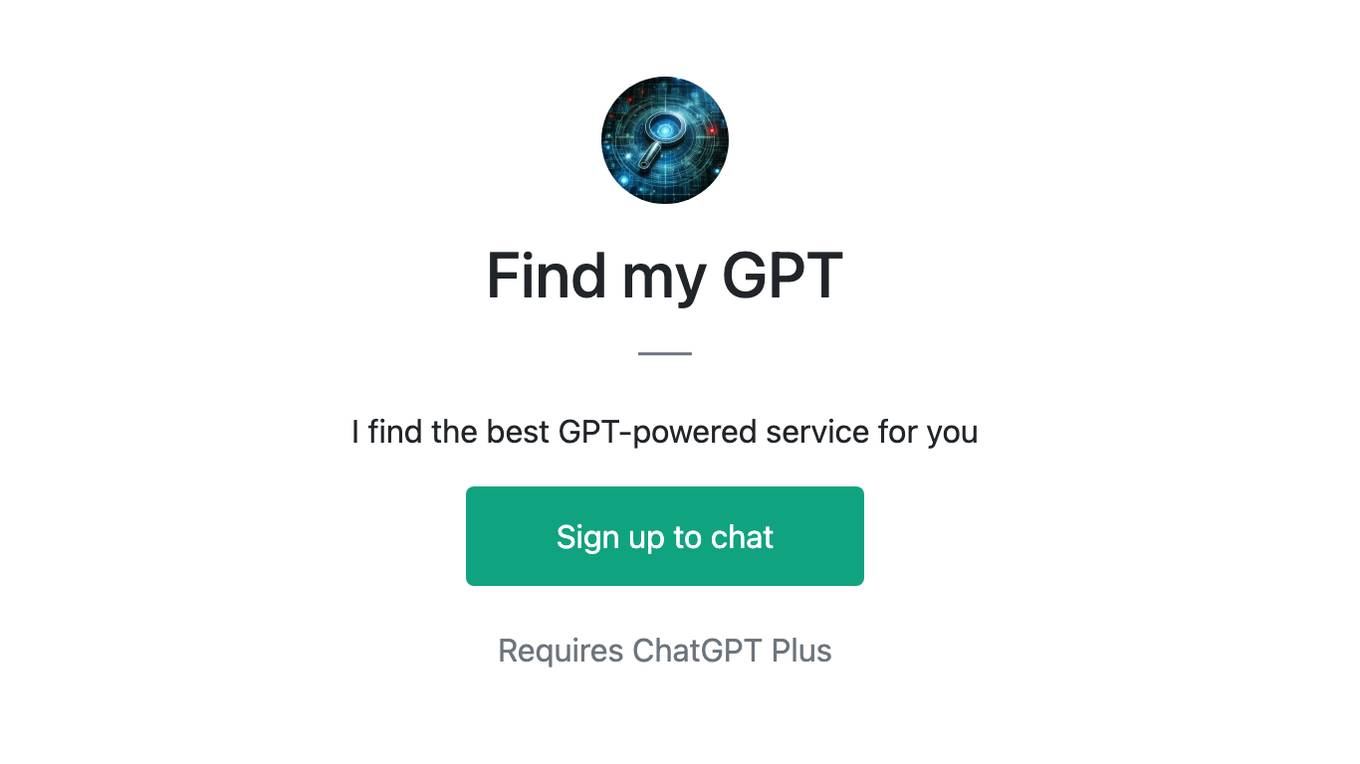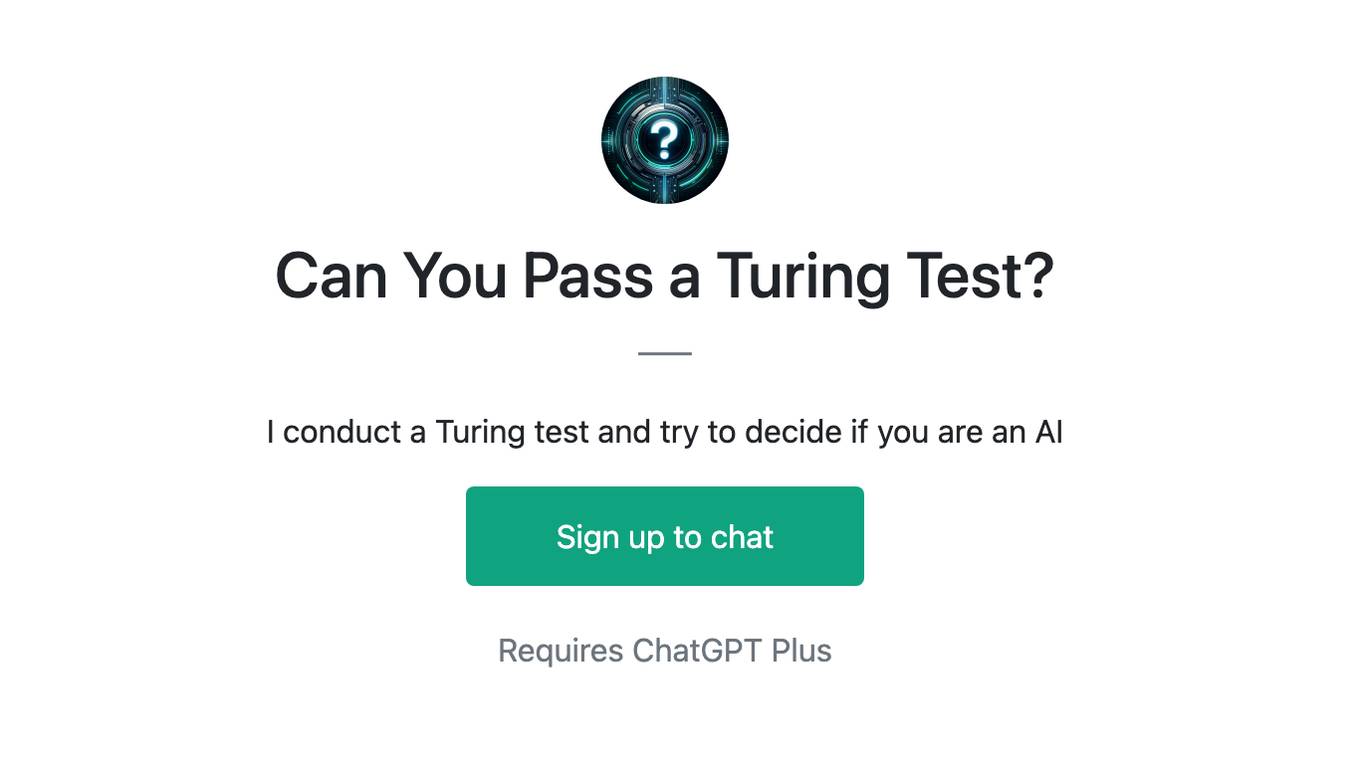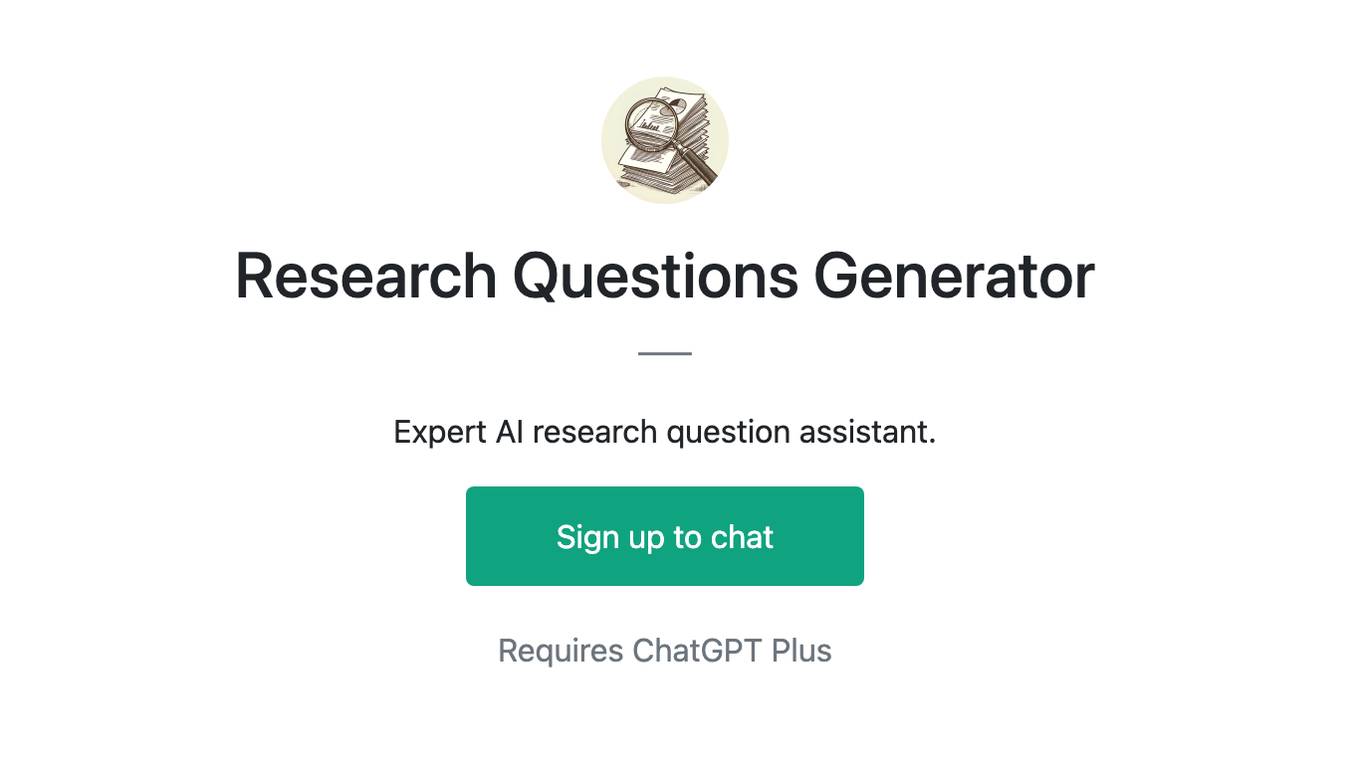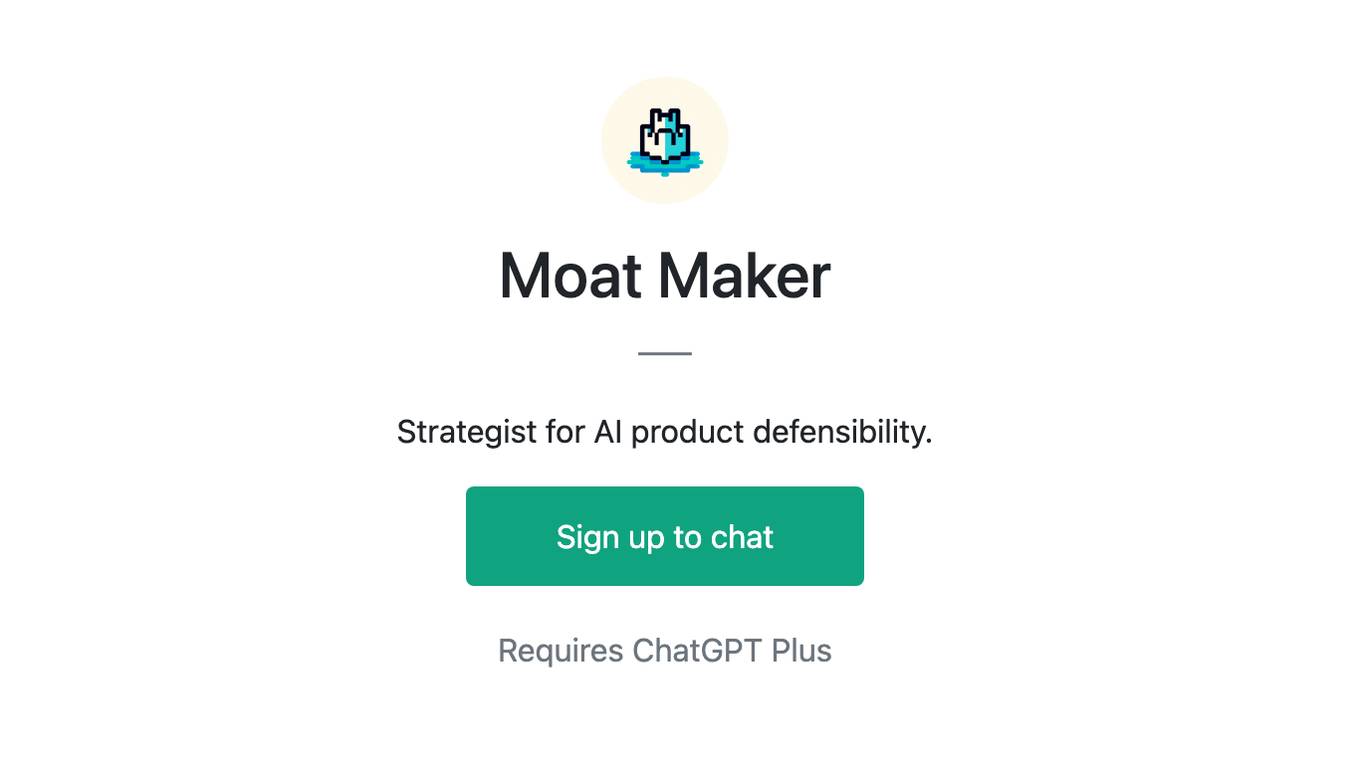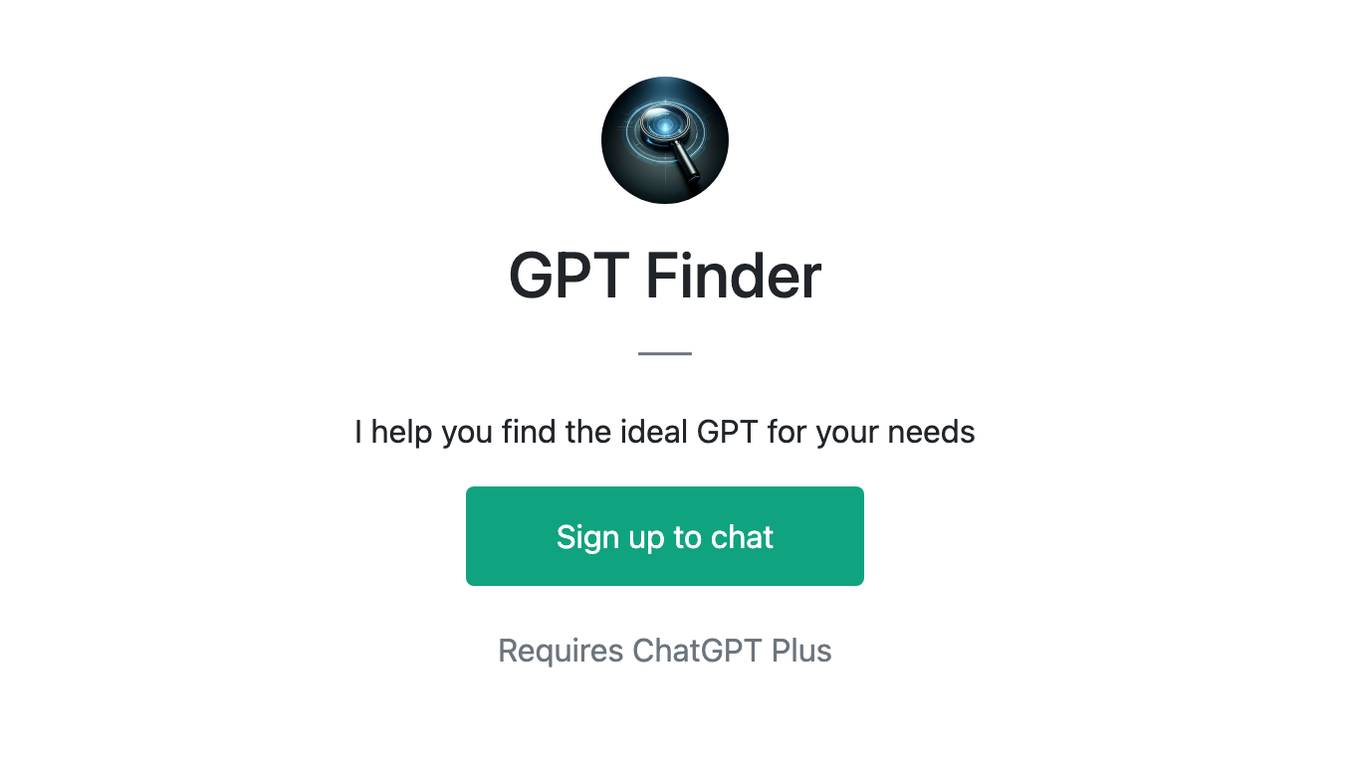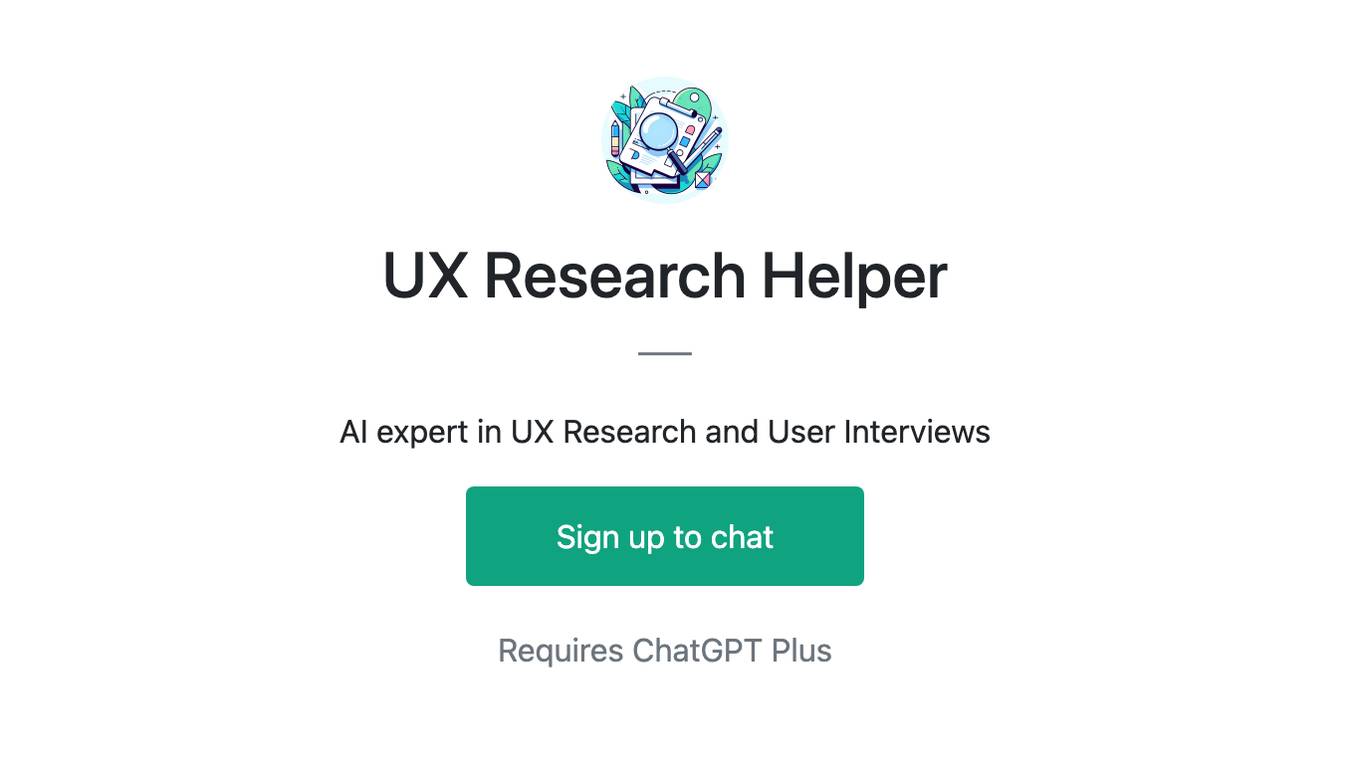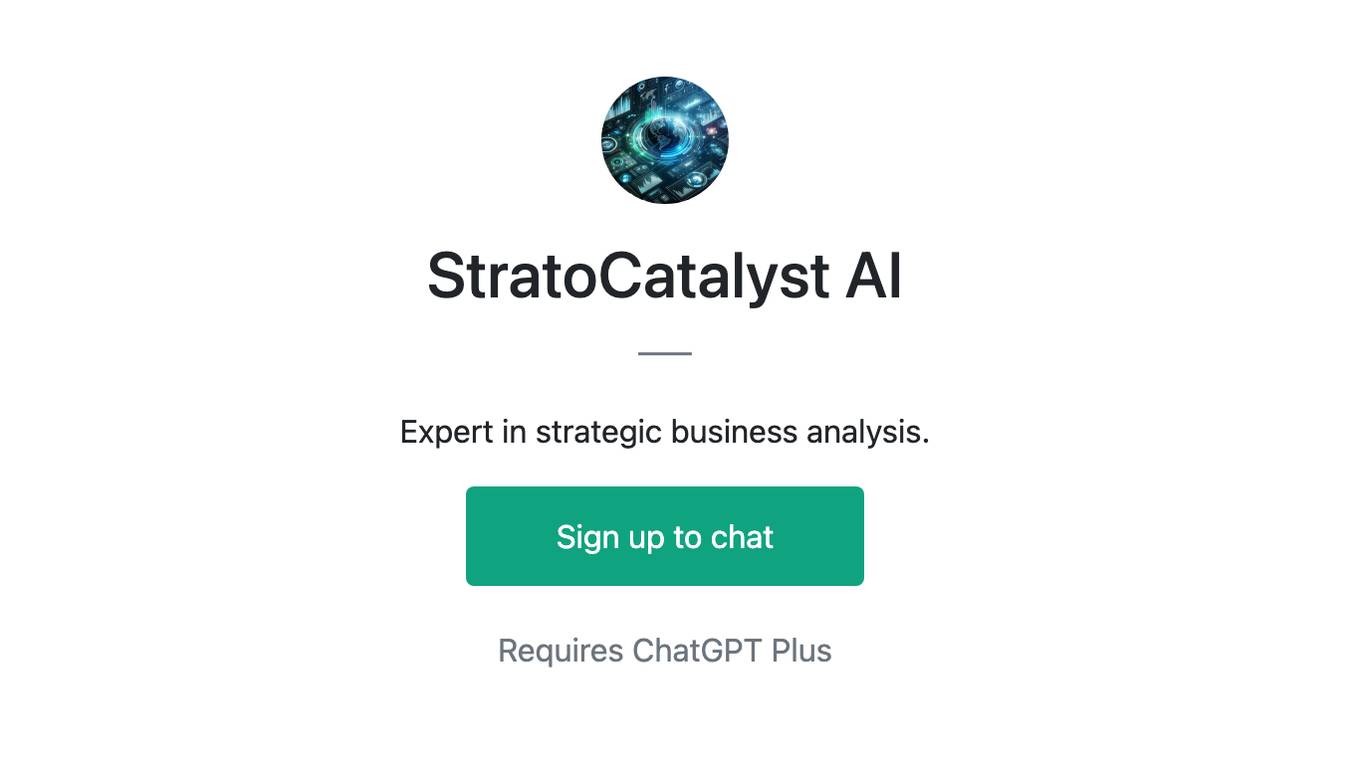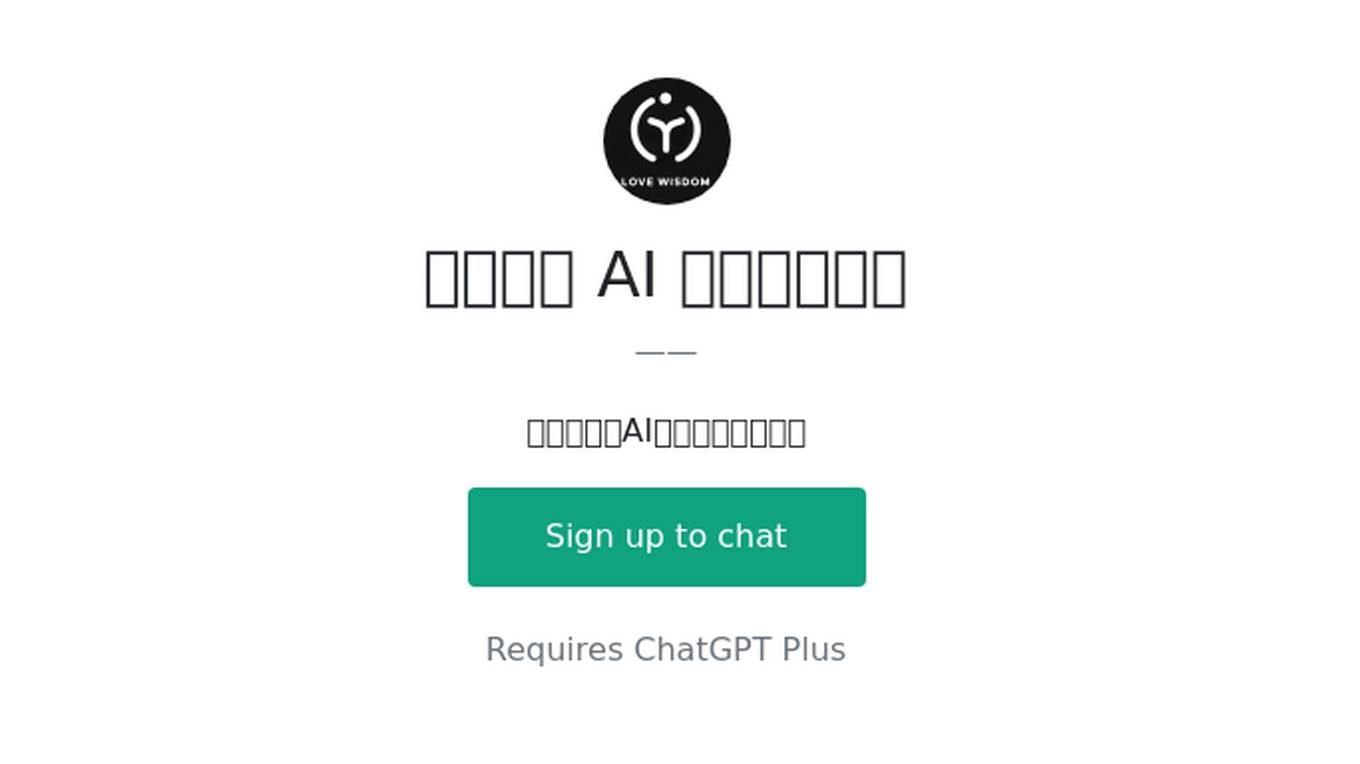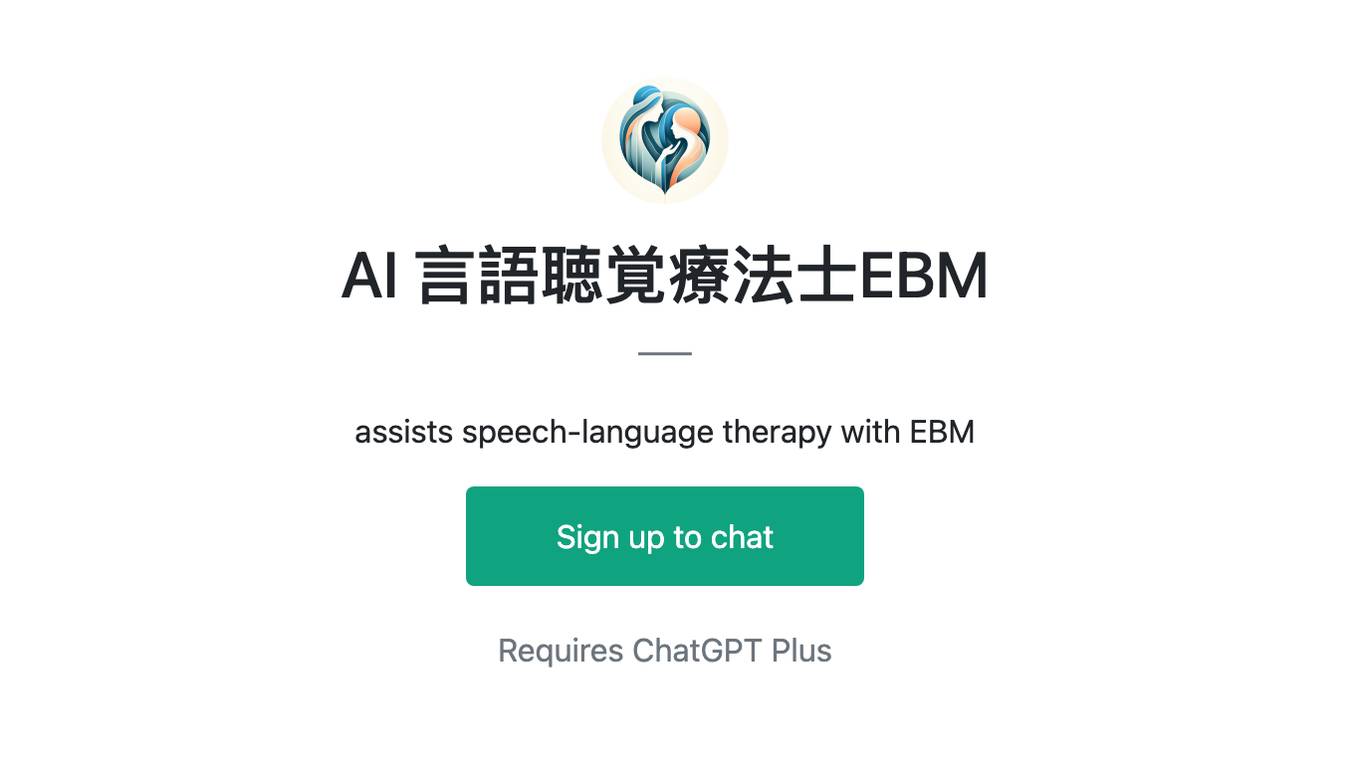Best AI tools for< Conduct Ai Research >
20 - AI tool Sites
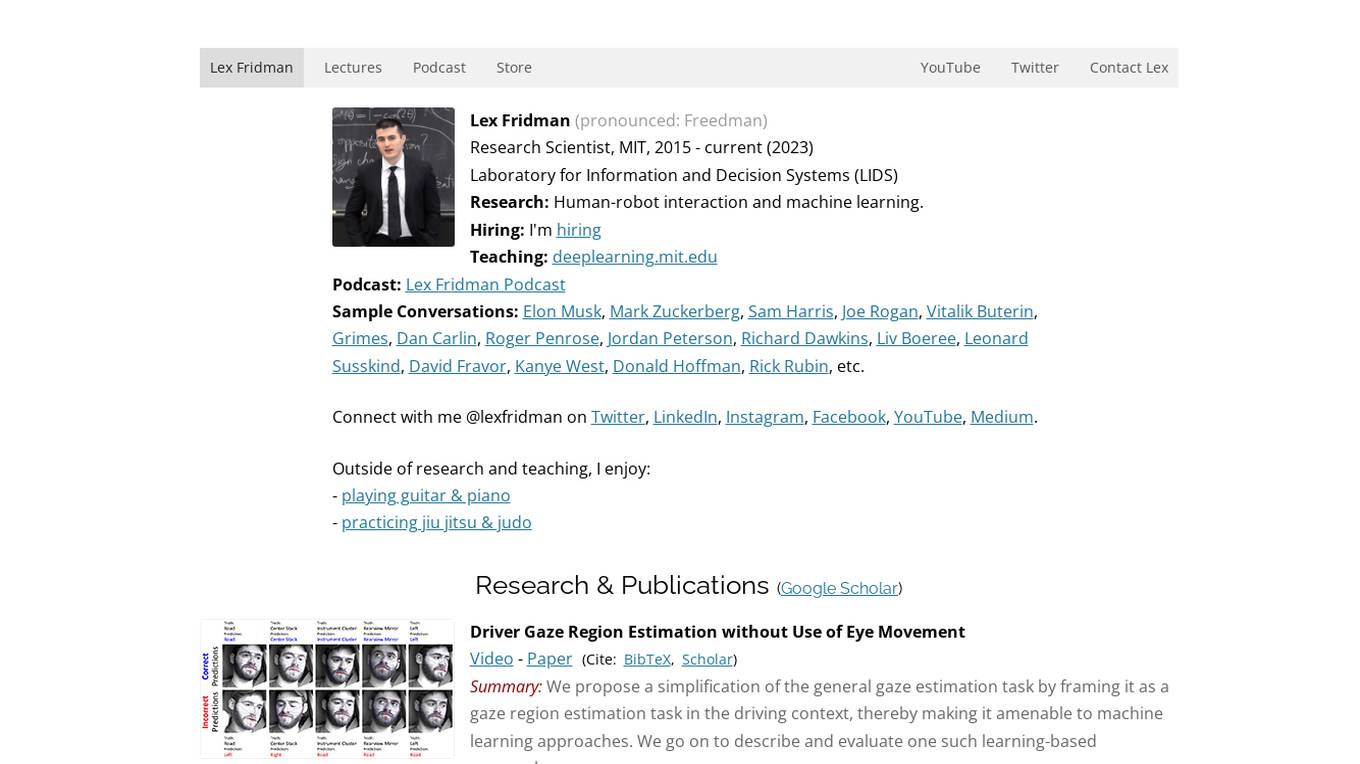
Lex Fridman
Lex Fridman is an AI tool developed by Lex Fridman, a Research Scientist at MIT, focusing on human-robot interaction and machine learning. The tool offers various resources such as podcasts, research publications, and studies related to AI-assisted driving data collection, autonomous vehicle systems, gaze estimation, and cognitive load estimation. It aims to provide insights into the safe and enjoyable interaction between humans and AI in driving scenarios.

HEROZ
HEROZ is a Japanese company that specializes in AI technology. They offer a variety of AI-related services, including AI/DX support, AI consulting, and AI development. HEROZ's mission is to use AI to solve various problems in different industries and create a better future.

Seedbox
Seedbox is an AI-based solution provider that crafts custom AI solutions to address specific challenges and boost businesses. They offer tailored AI solutions, state-of-the-art corporate innovation methods, high-performance computing infrastructure, secure and cost-efficient AI services, and maintain the highest security standards. Seedbox's expertise covers in-depth AI development, UX/UI design, and full-stack development, aiming to increase efficiency and create sustainable competitive advantages for their clients.

O.XYZ
The O.XYZ website is a platform dedicated to decentralized super intelligence, governance, research, and innovation for the O Ecosystem. It focuses on cutting-edge AI research, community-driven allocation, and treasury management. The platform aims to empower the O Ecosystem through decentralization and responsible, safe, and ethical development of Super AI.
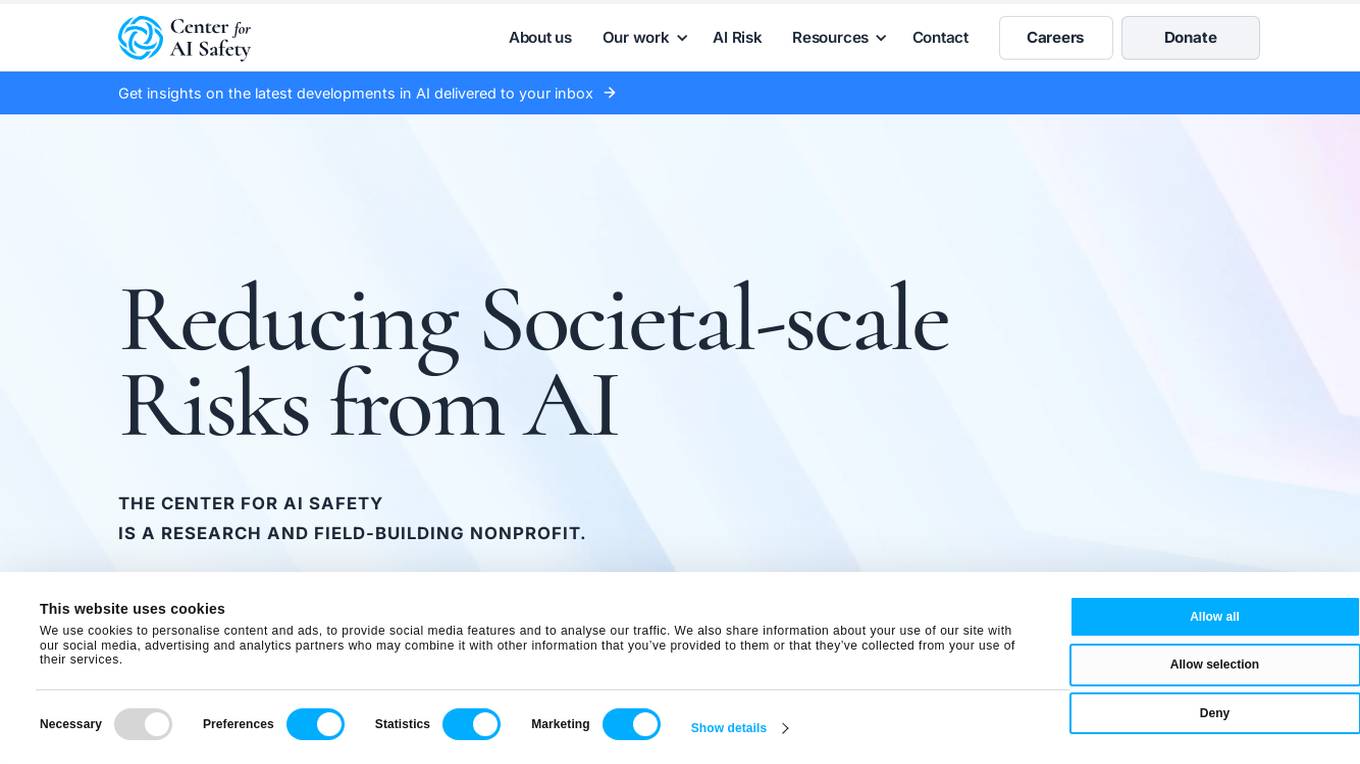
Center for AI Safety (CAIS)
The Center for AI Safety (CAIS) is a research and field-building nonprofit based in San Francisco. Their mission is to reduce societal-scale risks associated with artificial intelligence (AI) by conducting impactful research, building the field of AI safety researchers, and advocating for safety standards. They offer resources such as a compute cluster for AI/ML safety projects, a blog with in-depth examinations of AI safety topics, and a newsletter providing updates on AI safety developments. CAIS focuses on technical and conceptual research to address the risks posed by advanced AI systems.
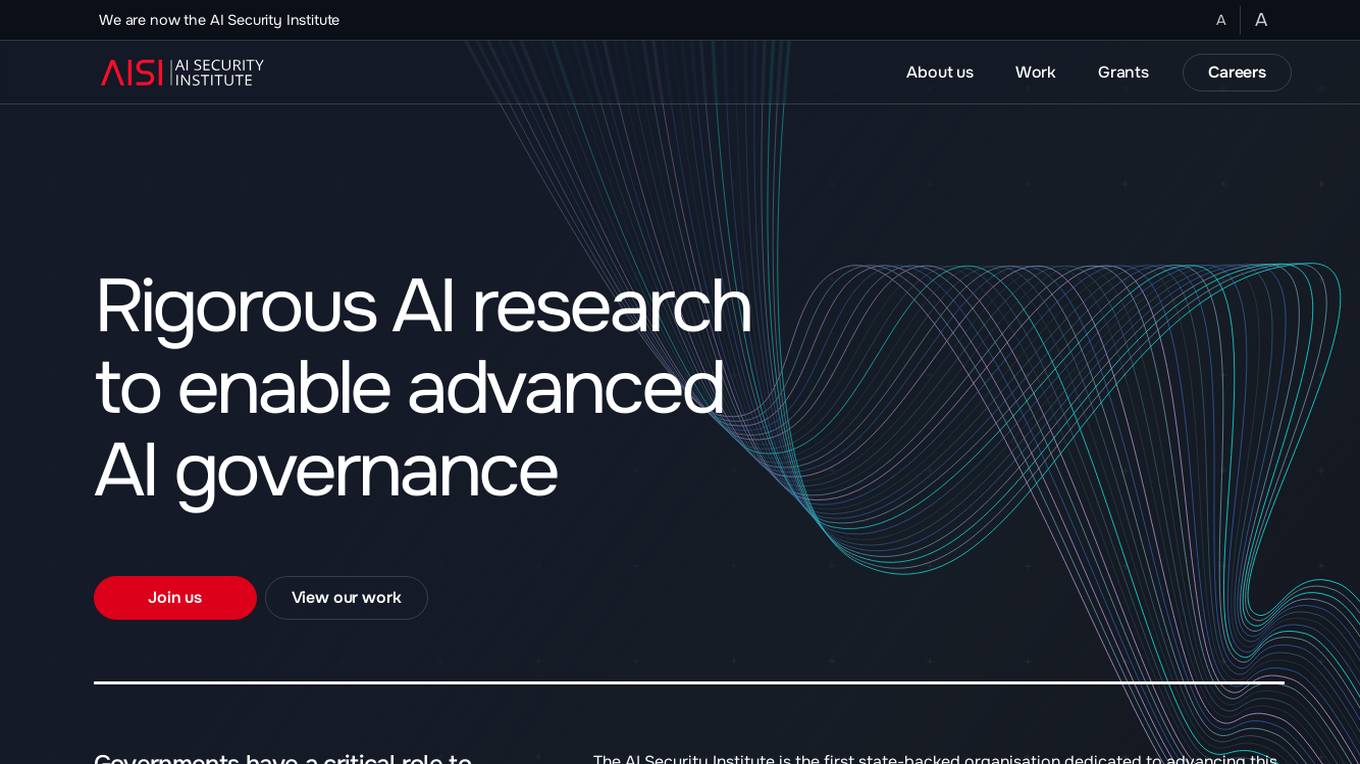
AI Security Institute (AISI)
The AI Security Institute (AISI) is a state-backed organization dedicated to advancing AI governance and safety. They conduct rigorous AI research to understand the impacts of advanced AI, develop risk mitigations, and collaborate with AI developers and governments to shape global policymaking. The institute aims to equip governments with a scientific understanding of the risks posed by advanced AI, monitor AI development, evaluate national security risks, and promote responsible AI development. With a team of top technical staff and partnerships with leading research organizations, AISI is at the forefront of AI governance.
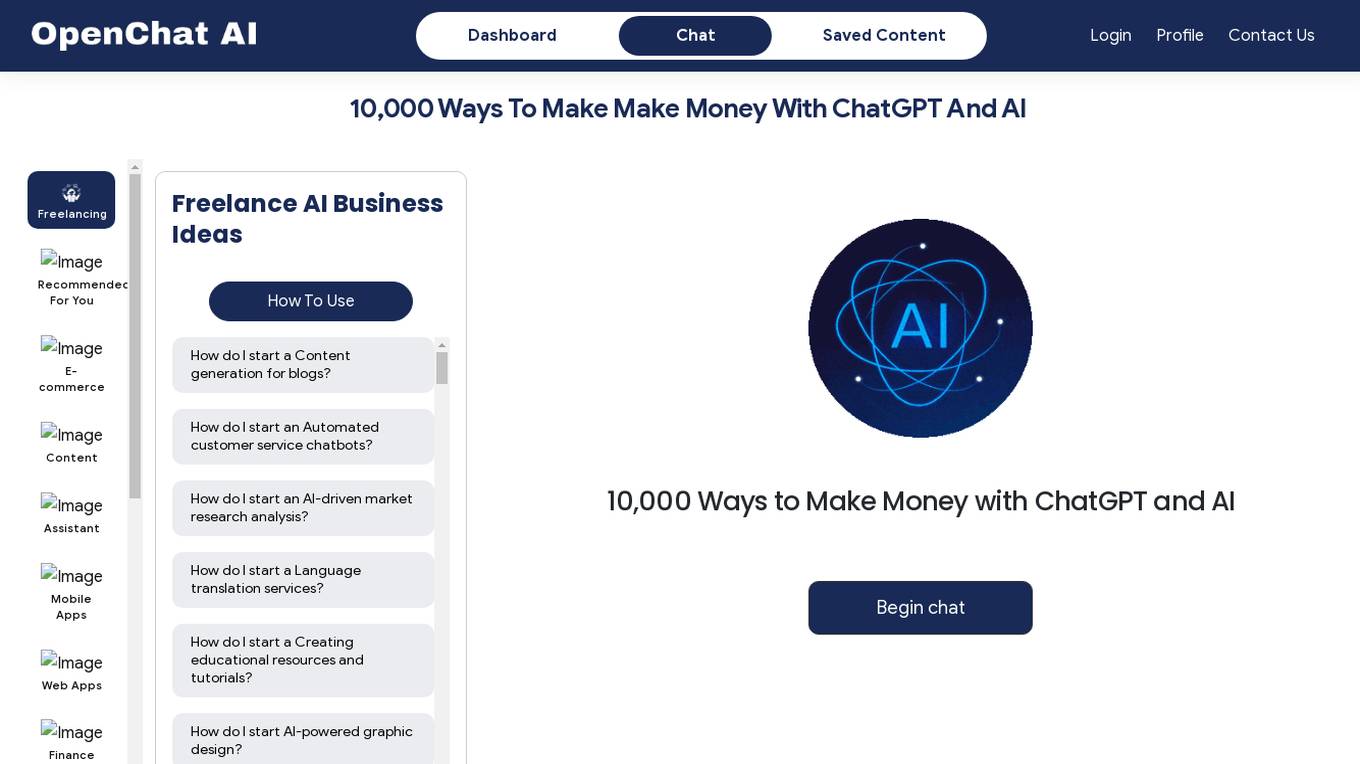
OpenChat
OpenChat is a website that provides users with 10,000 ways to make money using ChatGPT and AI. The website offers a variety of resources, including personalized AI income ideas, a personal AI business coach, and standard email support. OpenChat also has a library of up to 10,000 AI income ideas that users can access. The website's slogan is "10,000 Ways to Make Money with ChatGPT and AI". Some of the features of OpenChat include the ability to save ideas for later use, access to a full library of up to 10,000 ideas, a personal AI business coach, and standard email support. Some of the advantages of using OpenChat include the ability to get personalized AI income ideas, access to a large library of AI income ideas, and the ability to get support from a personal AI business coach. Some of the disadvantages of using OpenChat include the fact that it is a paid service, and that the number of tokens that users can use each month is limited. Some of the frequently asked questions about OpenChat include how to use the website, how to get personalized AI income ideas, and how to get support from a personal AI business coach. The name of the application is OpenChat. Some of the jobs that are suitable for this tool include freelance AI business ideas, content creation AI income ideas, virtual assistance AI income ideas, mobile apps AI income ideas, web apps AI income ideas, finance AI income ideas, online survey AI income ideas, online course AI income ideas, social media AI income ideas, digital marketing AI income ideas, data entry AI income ideas, legal service AI income ideas, stock photography AI income ideas. Some of the AI keywords that are related to the application include AI business ideas, content creation, virtual assistance, mobile apps, web apps, finance, online surveys, online courses, social media, digital marketing, data entry, legal services, stock photography. Some of the tasks that users can use this tool to do include generating AI-driven content, creating AI-powered virtual assistants, developing AI-enhanced mobile apps, building AI-driven websites, offering AI-based financial advice, conducting AI-powered market research, creating AI-generated art, and providing AI-enabled customer support.

Google Research
Google Research is a leading research organization focusing on advancing science and artificial intelligence. They conduct research in various domains such as AI/ML foundations, responsible human-centric technology, science & societal impact, computing paradigms, and algorithms & optimization. Google Research aims to create an environment for diverse research across different time scales and levels of risk, driving advancements in computer science through fundamental and applied research. They publish hundreds of research papers annually, collaborate with the academic community, and work on projects that impact technology used by billions of people worldwide.
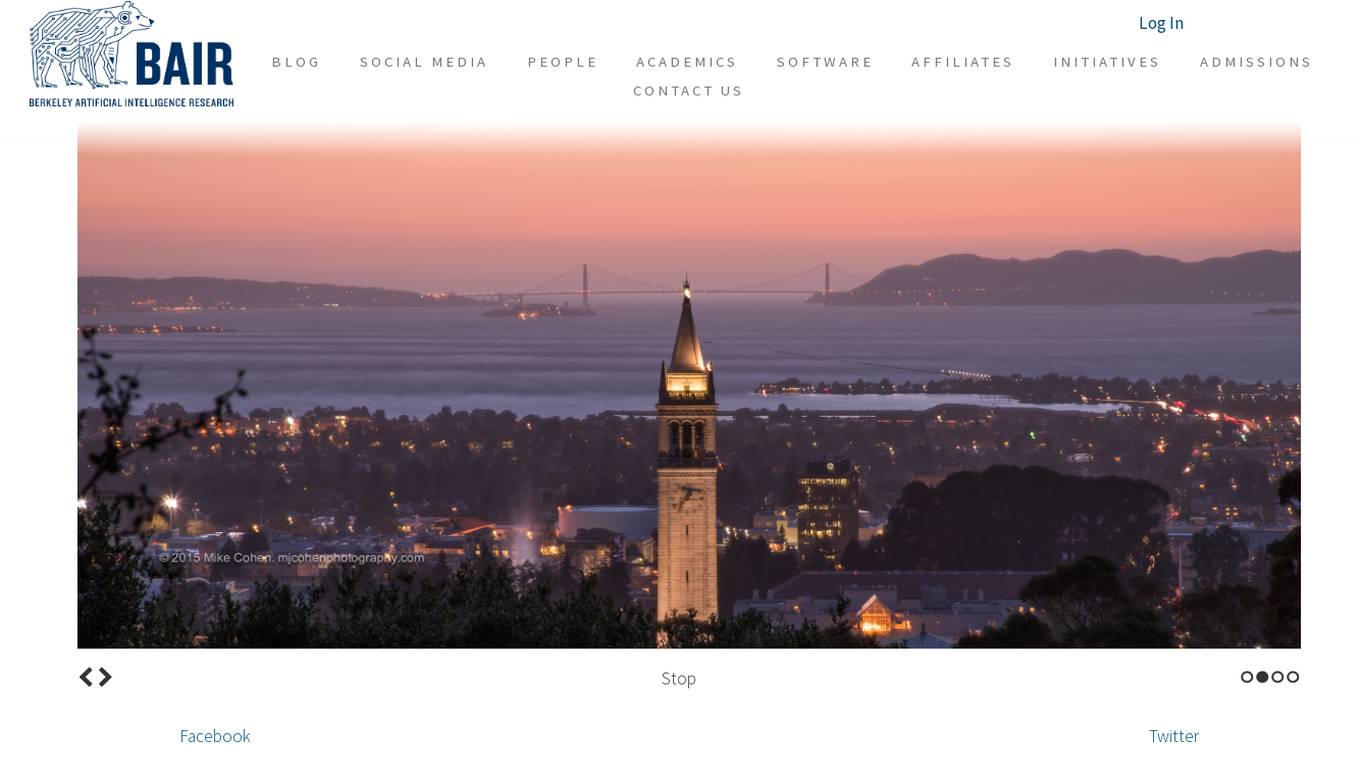
Berkeley Artificial Intelligence Research (BAIR) Lab
The Berkeley Artificial Intelligence Research (BAIR) Lab is a renowned research lab at UC Berkeley focusing on computer vision, machine learning, natural language processing, planning, control, and robotics. With over 50 faculty members and 300 graduate students, BAIR conducts research on fundamental advances in AI and interdisciplinary themes like multi-modal deep learning and human-compatible AI.
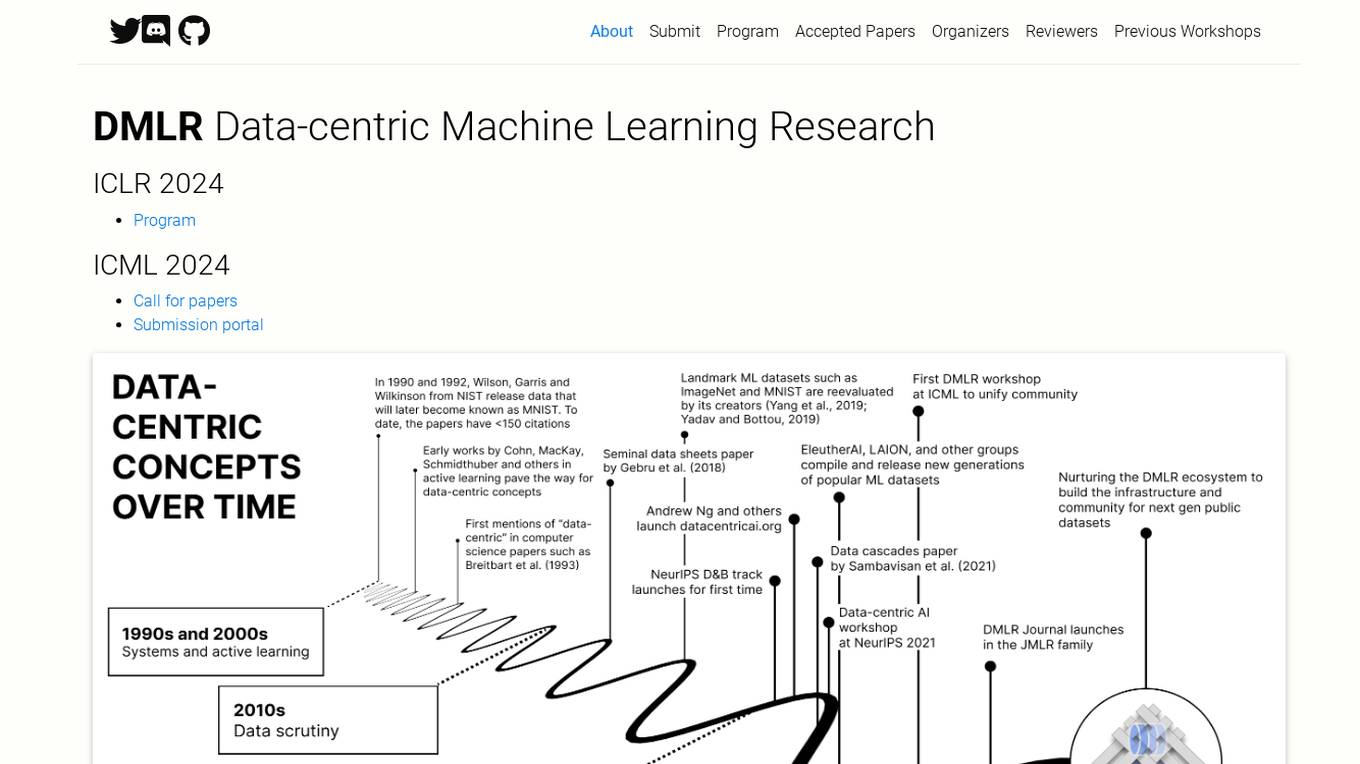
DMLR
DMLR (Data-centric Machine Learning Research) is an AI tool that focuses on advancing research in data-centric machine learning. It organizes workshops, research retreats, maintains a journal, and runs a working group to support infrastructure projects. The platform covers topics such as data collection, governance, bias, and drifts, as well as data-centric explainable AI and AI alignment. DMLR encourages submissions around the theme of AI for Science, using AI to tackle scientific challenges and accelerate discoveries.
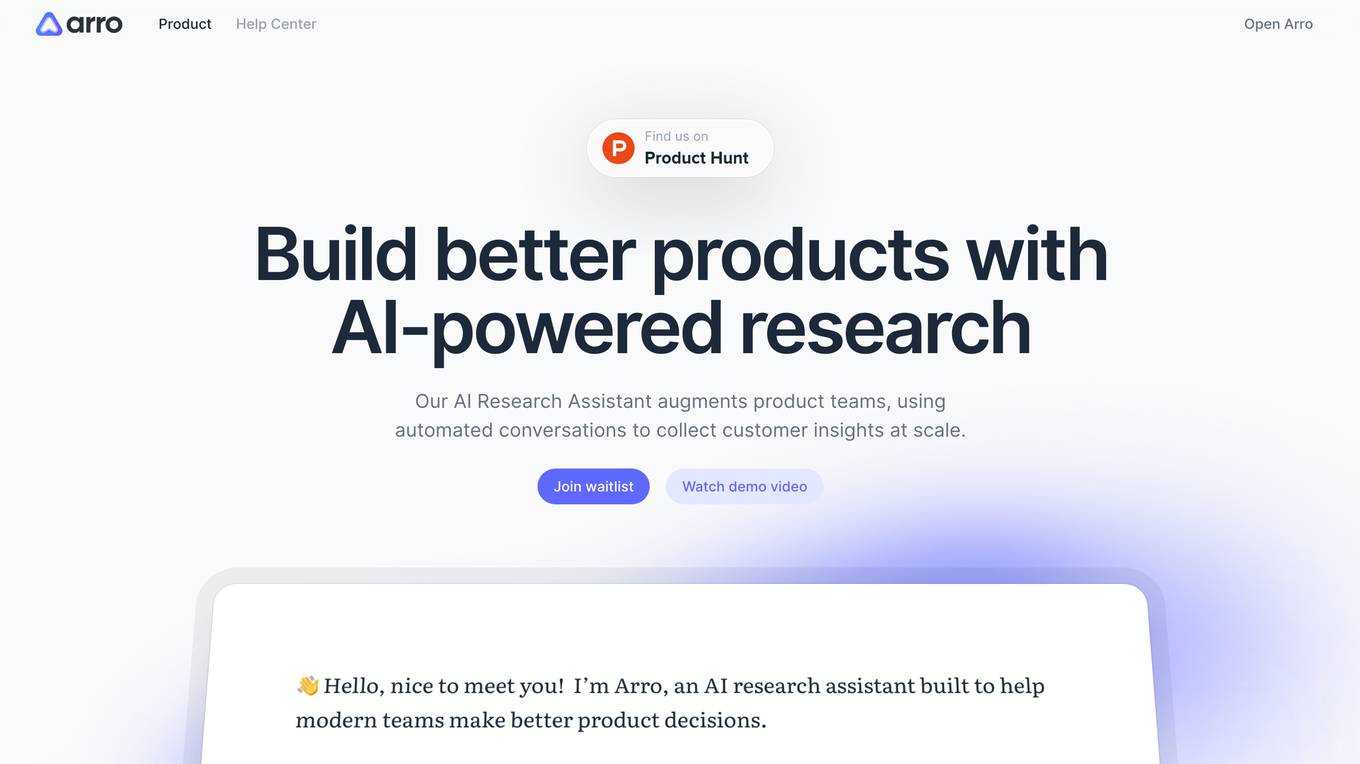
Arro
Arro is an AI-powered research assistant that helps product teams collect customer insights at scale. It uses automated conversations to conduct user interviews with thousands of customers simultaneously, generating product opportunities that can be directly integrated into the product roadmap. Arro's innovative AI-led methodology combines the depth of user interviews with the speed and scale of surveys, enabling product teams to gain a comprehensive understanding of their customers' needs and preferences.
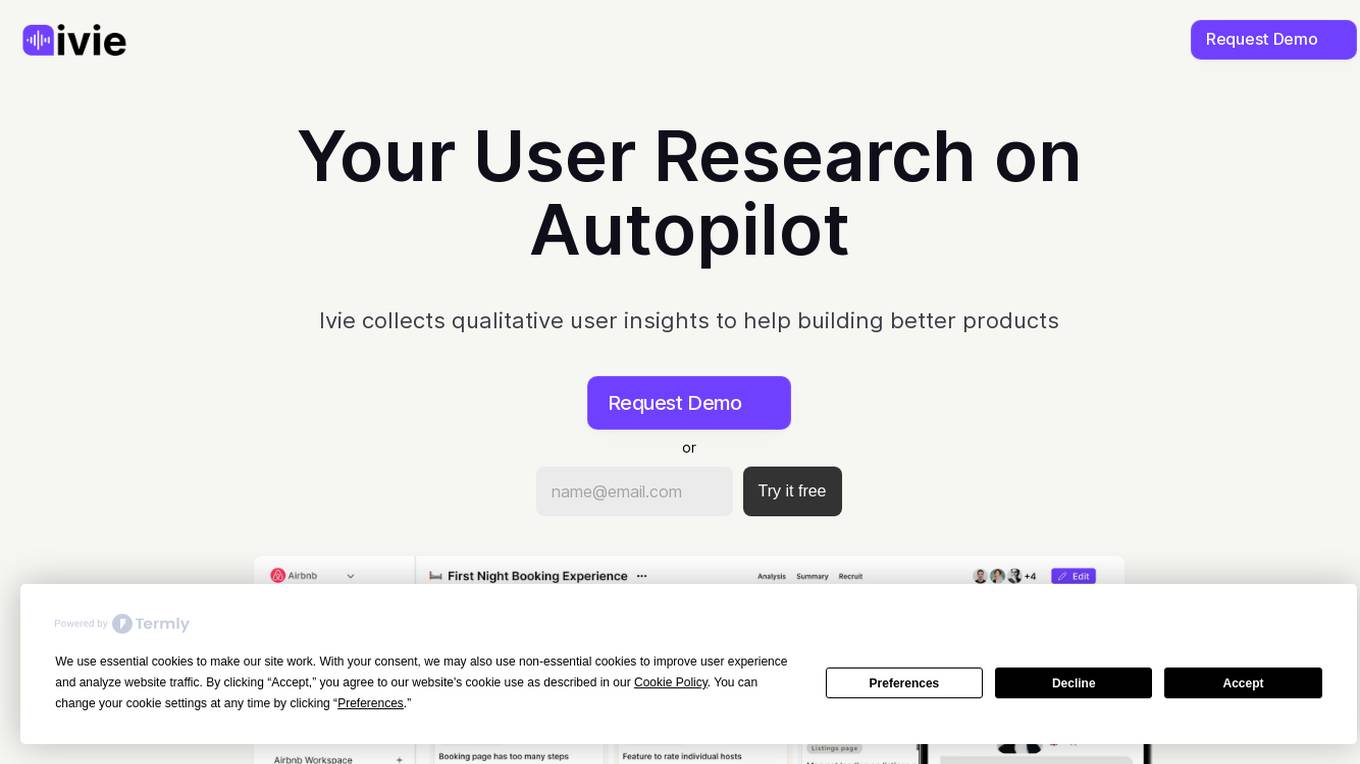
Ivie
Ivie is an AI-powered user research tool that automates the collection and analysis of qualitative user insights to help product teams build better products. It offers features such as AI-powered insights, processed user insights, in-depth analysis, automated follow-up questions, multilingual support, and more. Ivie provides advantages like human-like conversations, scalable surveys, customizable AI researchers, quick research setup, and multiple question types. However, it has disadvantages such as limited customization options, potential language barriers, and the need for user training. The frequently asked questions cover topics like supported research types, data security, multilingual research, and research findings presentation. Ivie is suitable for jobs related to user research, product development, customer satisfaction analysis, market research, and concept testing. The application can be used for tasks like conducting customer interviews, analyzing user feedback, creating surveys, synthesizing research findings, and building user personas.
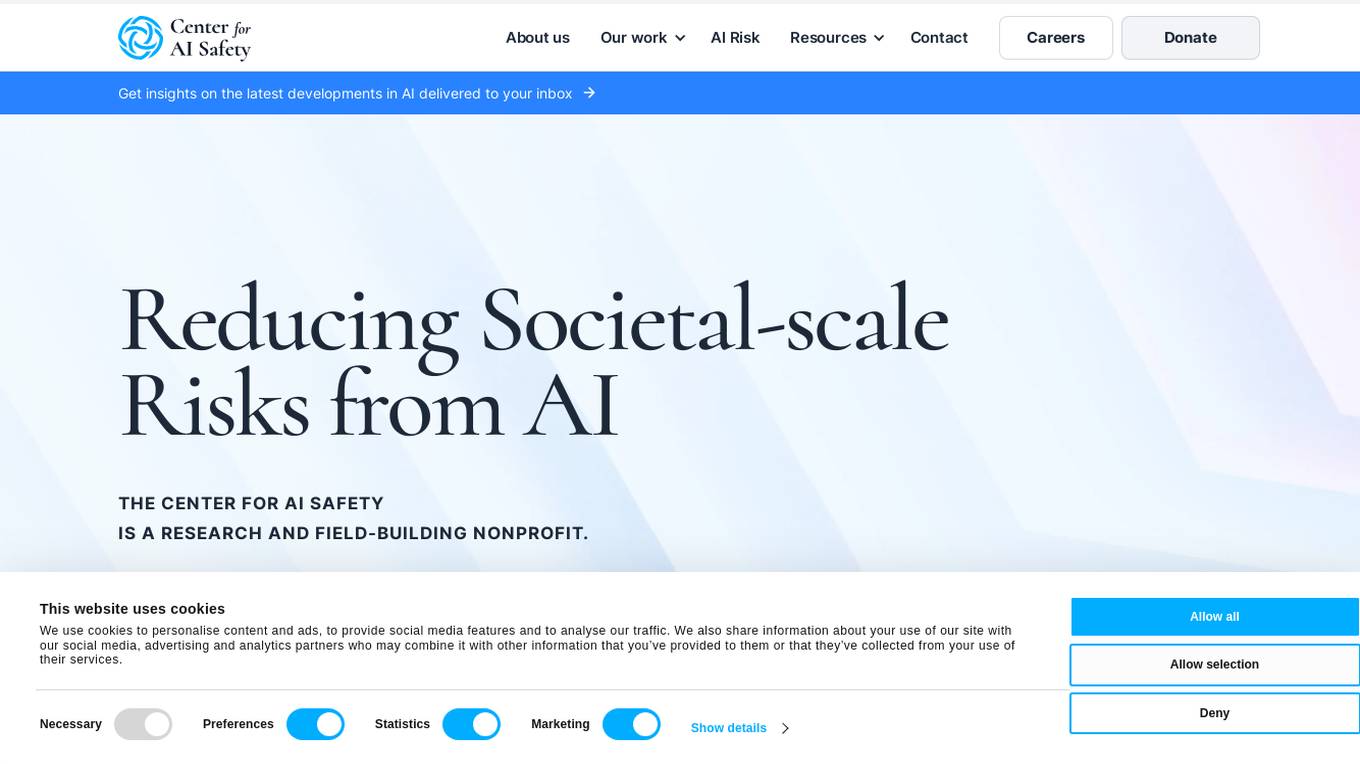
Center for AI Safety (CAIS)
The Center for AI Safety (CAIS) is a research and field-building nonprofit organization based in San Francisco. They conduct impactful research, advocacy projects, and provide resources to reduce societal-scale risks associated with artificial intelligence (AI). CAIS focuses on technical AI safety research, field-building projects, and offers a compute cluster for AI/ML safety projects. They aim to develop and use AI safely to benefit society, addressing inherent risks and advocating for safety standards.
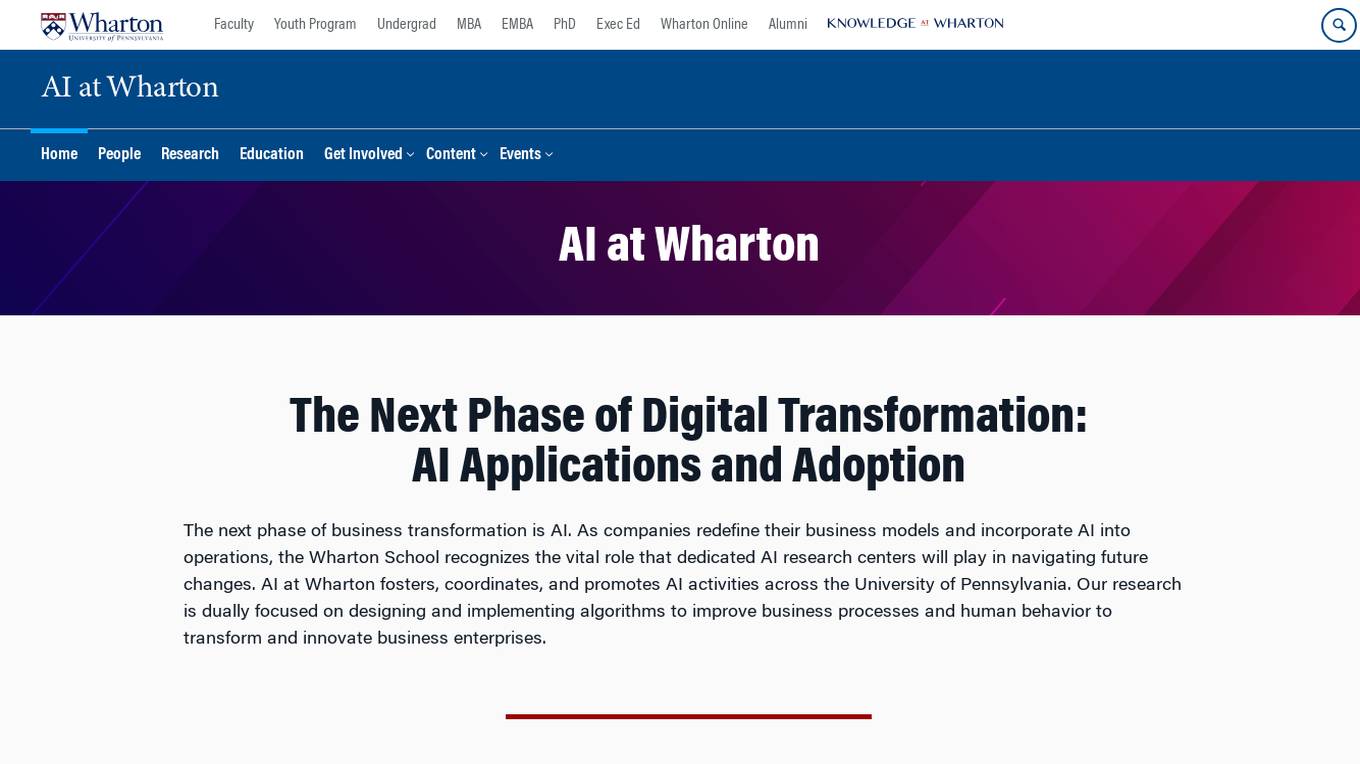
AI at Wharton
AI at Wharton is a dedicated AI research center at the Wharton School, University of Pennsylvania. It fosters, coordinates, and promotes AI activities, focusing on designing algorithms to improve business processes and human behavior. The center collaborates with industry leaders and Chief Data Officers to develop frameworks for responsible AI adoption, aiming to maximize AI value for businesses. Through research, events, and publications, AI at Wharton explores the transformative potential of AI in various fields and industries.
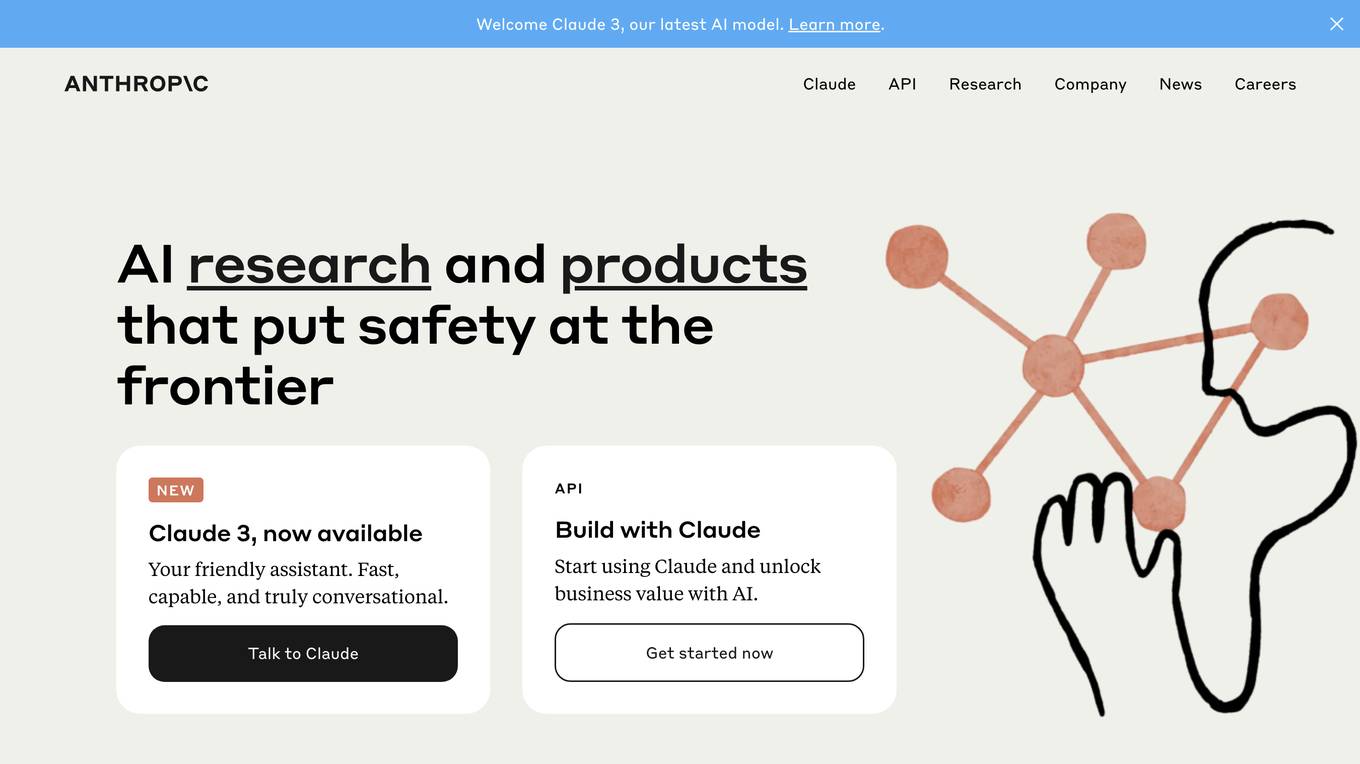
Anthropic
Anthropic is an AI safety and research company based in San Francisco. Our interdisciplinary team has experience across ML, physics, policy, and product. Together, we generate research and create reliable, beneficial AI systems.
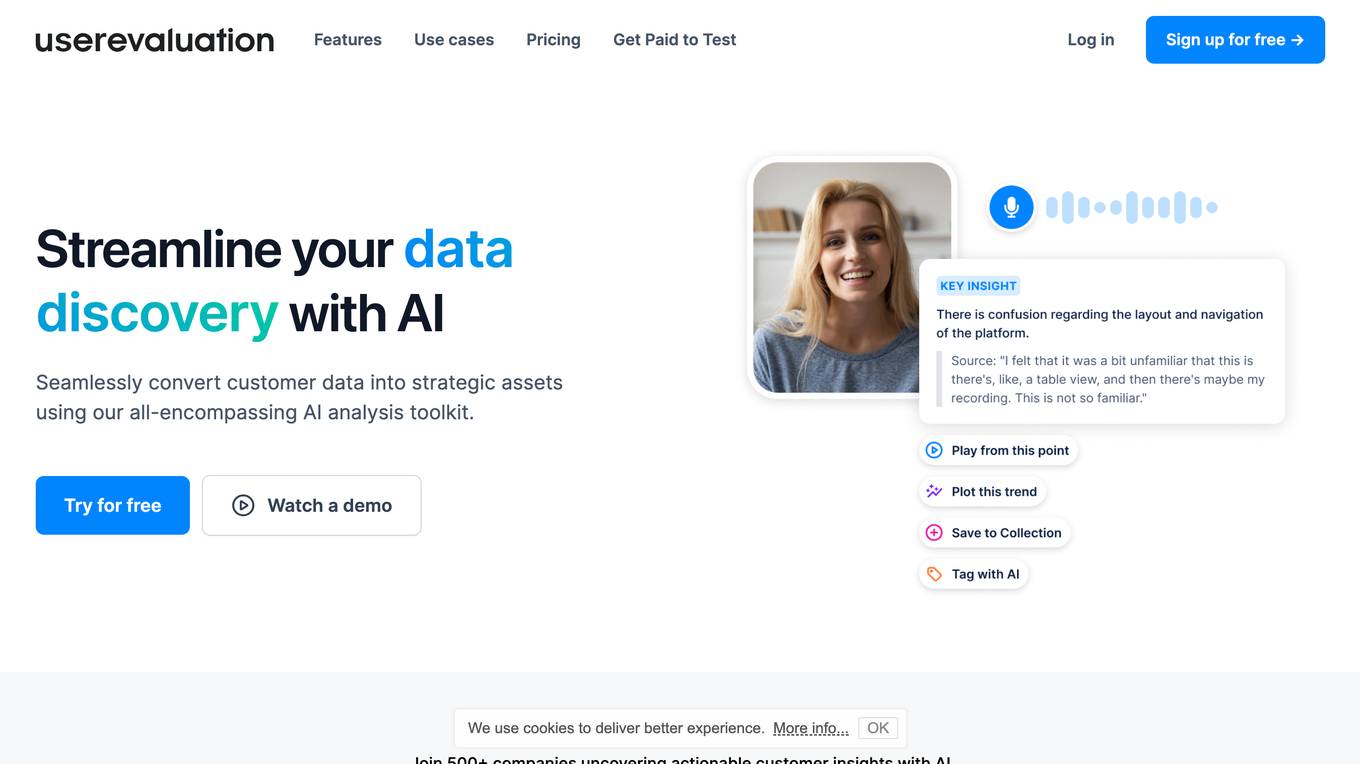
User Evaluation
User Evaluation is an AI-first user research platform that leverages AI technology to provide instant insights, comprehensive reports, and on-demand answers to enhance customer research. The platform offers features such as AI-driven data analysis, multilingual transcription, live timestamped notes, AI reports & presentations, and multimodal AI chat. User Evaluation empowers users to analyze qualitative and quantitative data, synthesize AI-generated recommendations, and ensure data security through encryption protocols. It is designed for design agencies, product managers, founders, and leaders seeking to accelerate innovation and shape exceptional product experiences.
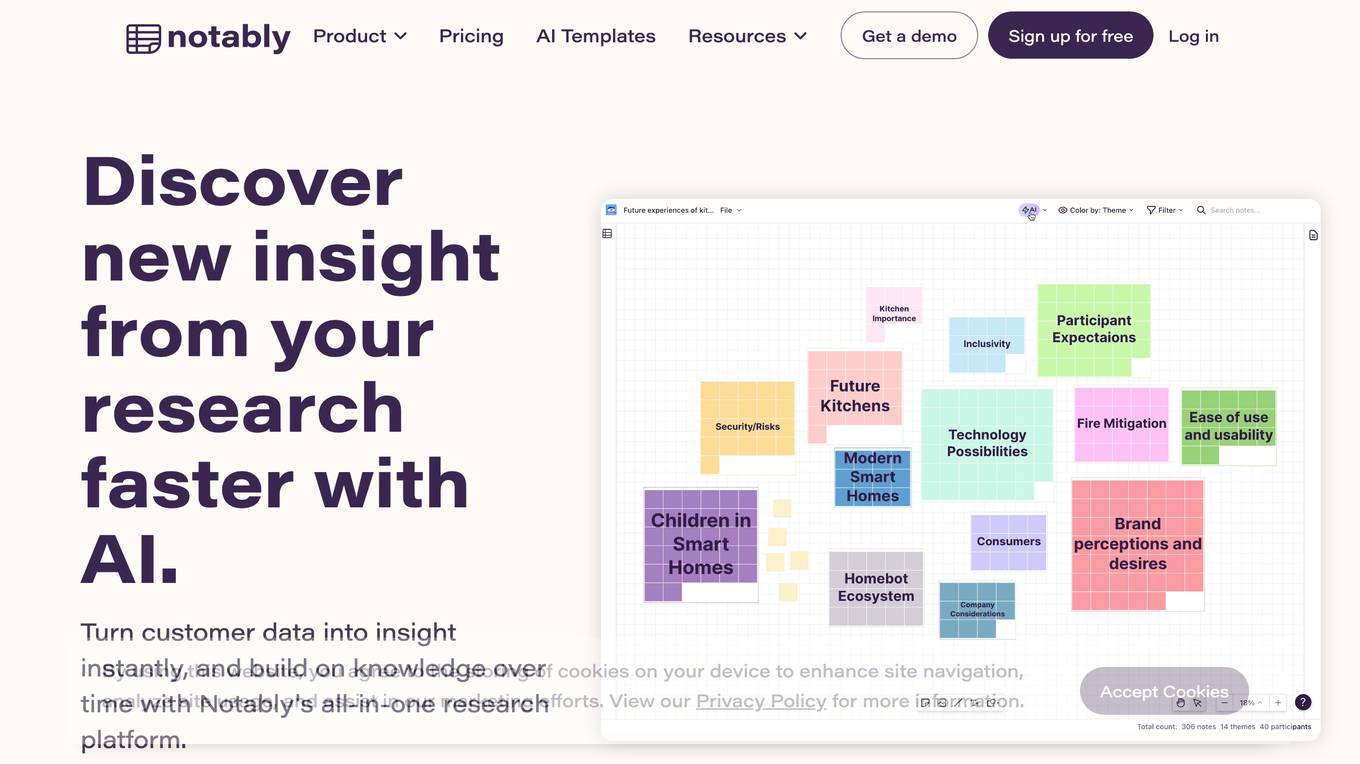
Notably
Notably is a research synthesis platform that uses AI to help researchers analyze and interpret data faster. It offers a variety of features, including a research repository, AI research, digital sticky notes, video transcription, and cluster analysis. Notably is used by companies and organizations of all sizes to conduct product research, market research, academic research, and more.
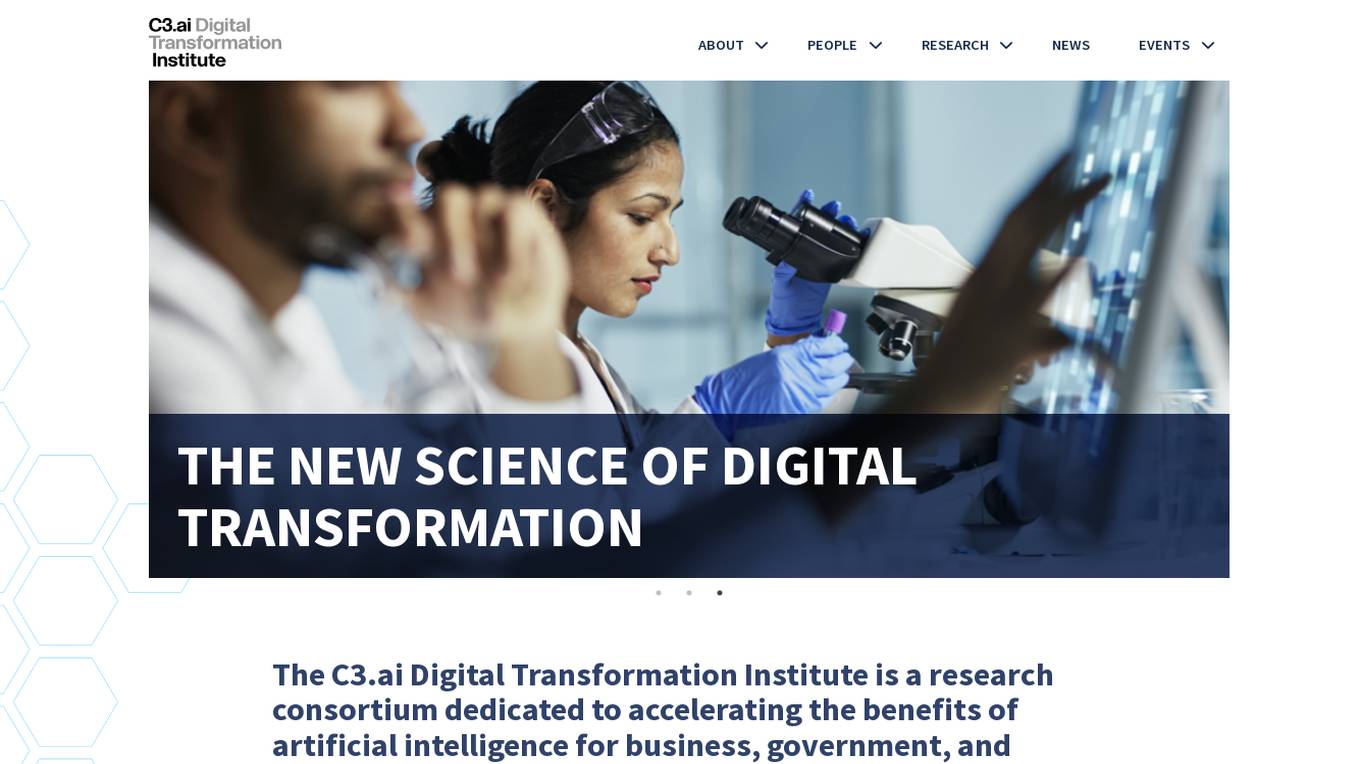
C3.ai Digital Transformation Institute
The C3.ai Digital Transformation Institute is a research consortium focused on accelerating the benefits of artificial intelligence for business, government, and society. It engages leading scientists in research related to the Science of Digital Transformation, which encompasses artificial intelligence, machine learning, cloud computing, internet of things, big data analytics, organizational behavior, public policy, and ethics. Established in March 2020, the institute consists of prominent institutions such as C3 AI, Microsoft Corporation, and various universities. The institute aims to drive innovation and collaboration in the field of AI and digital transformation.
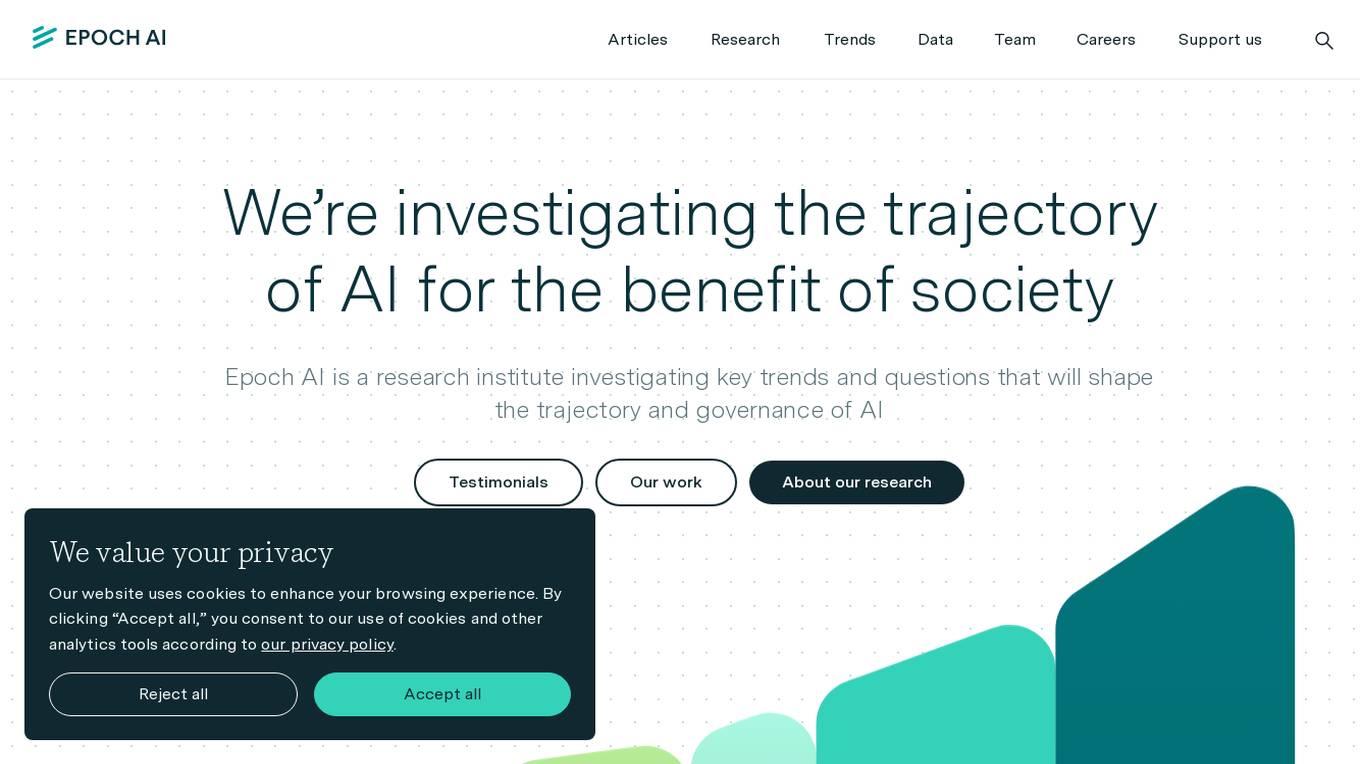
Epoch AI
Epoch AI is a research institute dedicated to investigating key trends and questions that will shape the trajectory and governance of AI. They provide essential insights for policymakers, conduct rigorous analysis of trends in AI and machine learning, and produce reports, papers, models, and visualizations to advance evidence-based discussions about AI. Epoch AI collaborates with stakeholders and collects key data on machine learning models to analyze historical and contemporary progress in AI. They are known for their thoughtful and best-researched survey work in the industry.
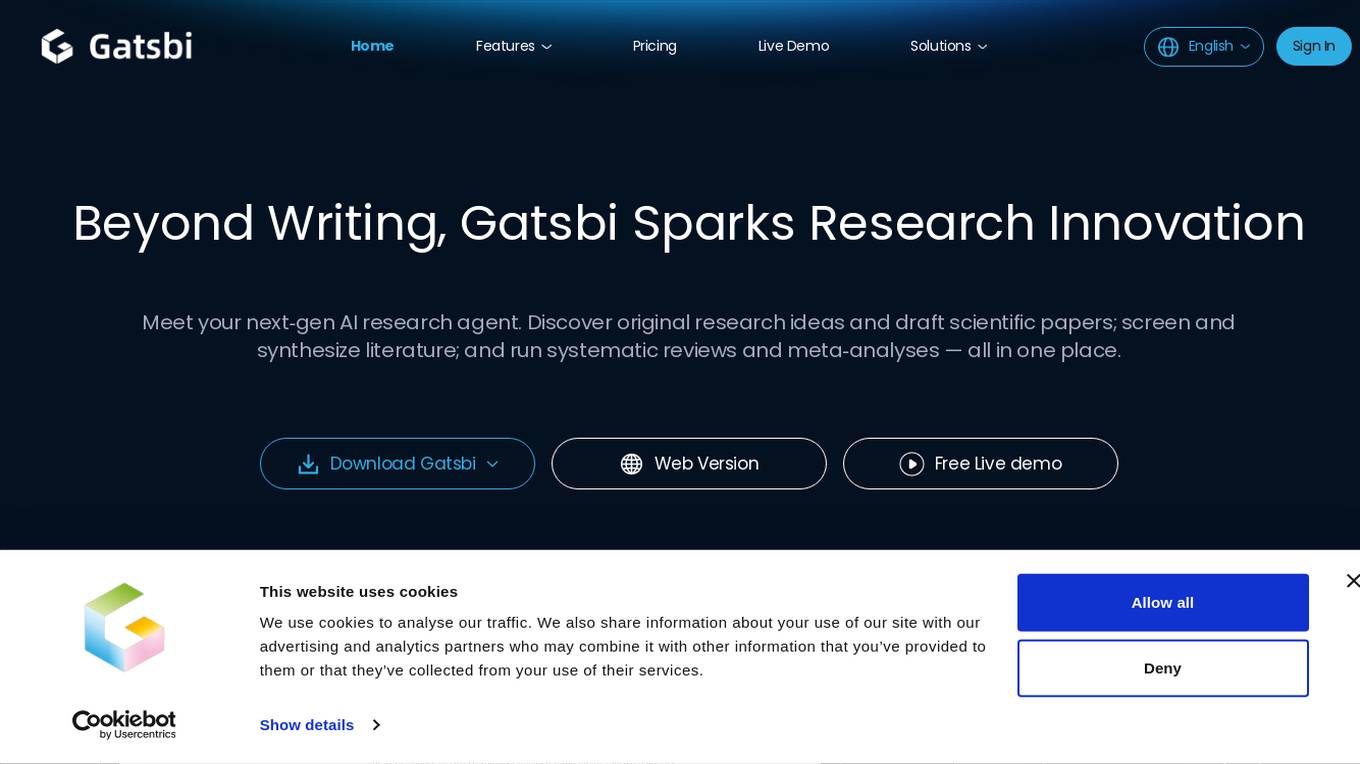
Gatsbi
Gatsbi is a research paper generator and AI research assistant that helps users discover original research ideas, draft scientific papers, write patent documents, and conduct systematic reviews and meta-analyses. It offers powerful features tailored for researchers and innovators, leveraging AI-driven ideation and innovation to streamline the research process. Gatsbi is designed to accelerate research workflows, save time, and inspire groundbreaking ideas across various fields.
0 - Open Source AI Tools
20 - OpenAI Gpts
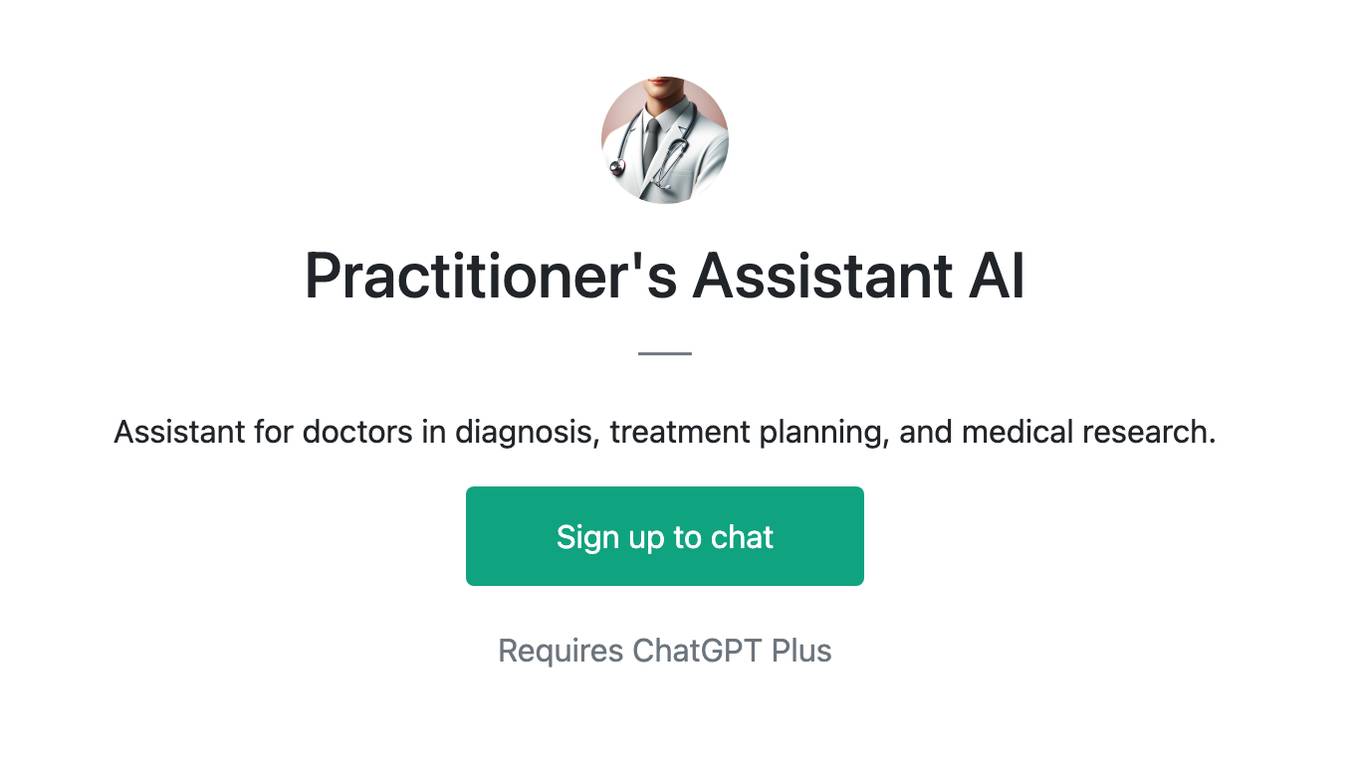
Practitioner's Assistant AI
Assistant for doctors in diagnosis, treatment planning, and medical research.
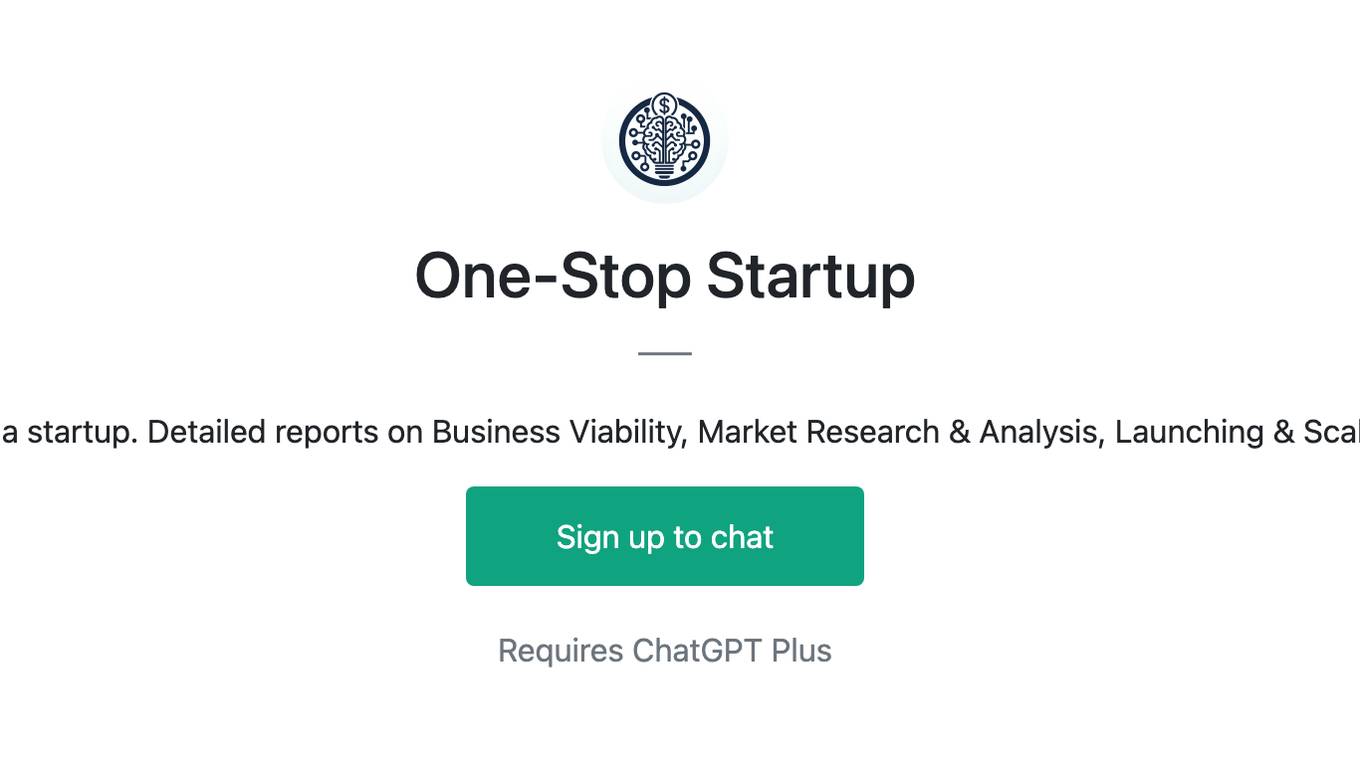
One-Stop Startup
Your go-to AI consultant for building a startup. Detailed reports on Business Viability, Market Research & Analysis, Launching & Scaling, Funding Prospects, and more.
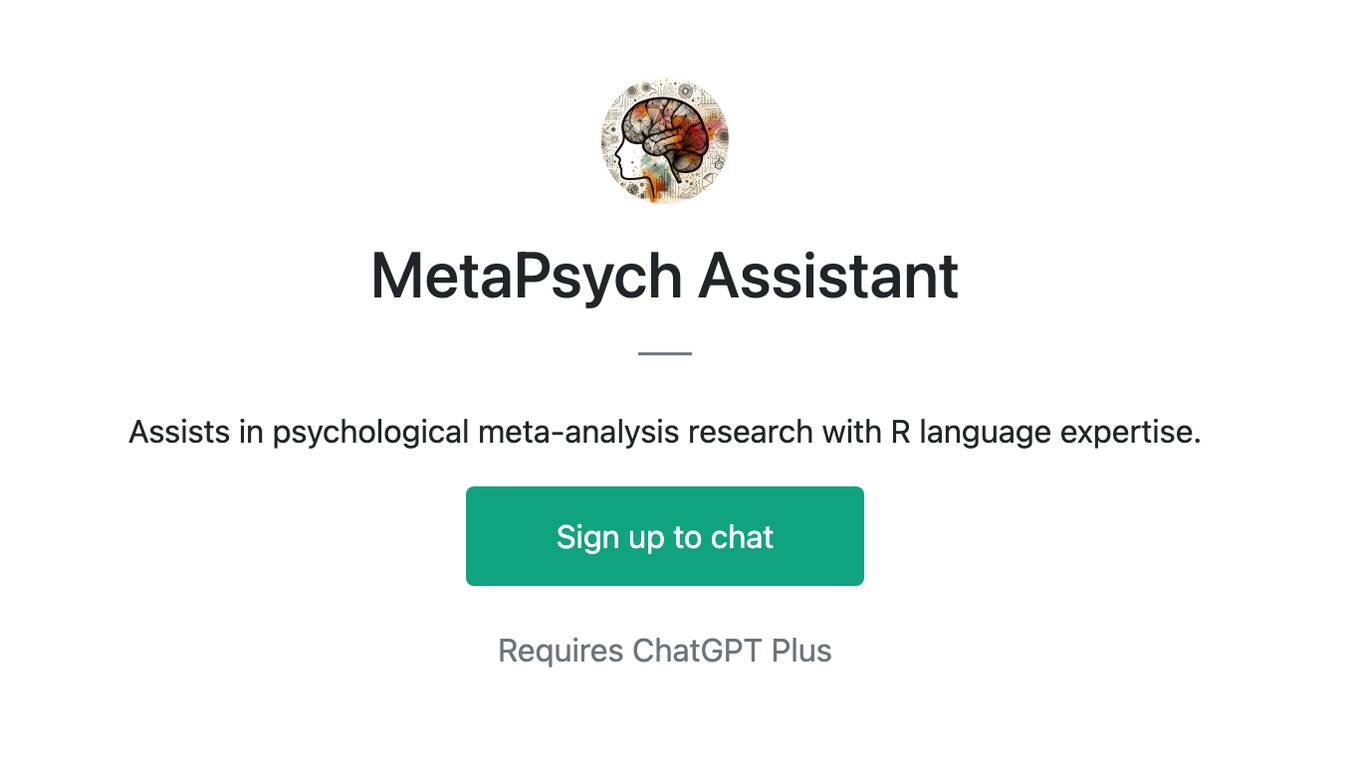
MetaPsych Assistant
Assists in psychological meta-analysis research with R language expertise.
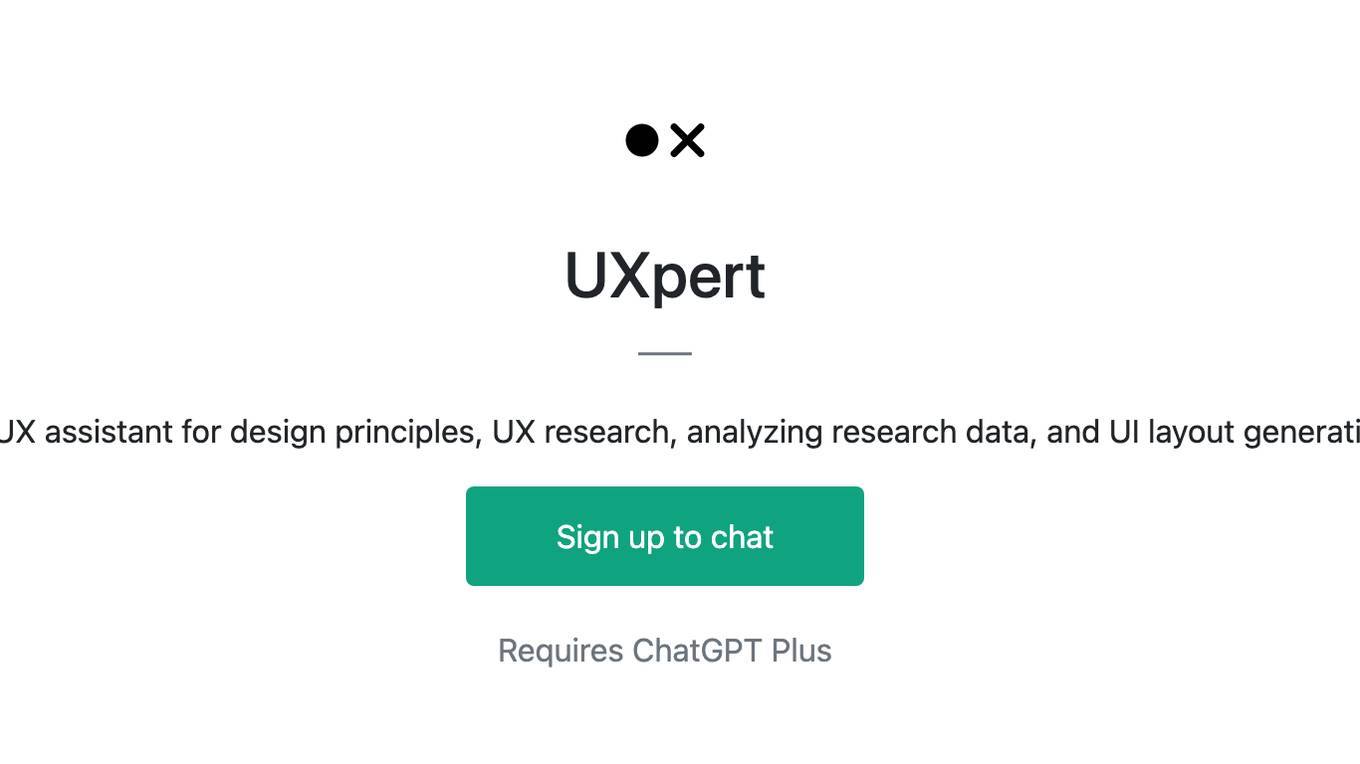
UXpert
A UI/UX assistant for design principles, UX research, analyzing research data, and UI layout generation.
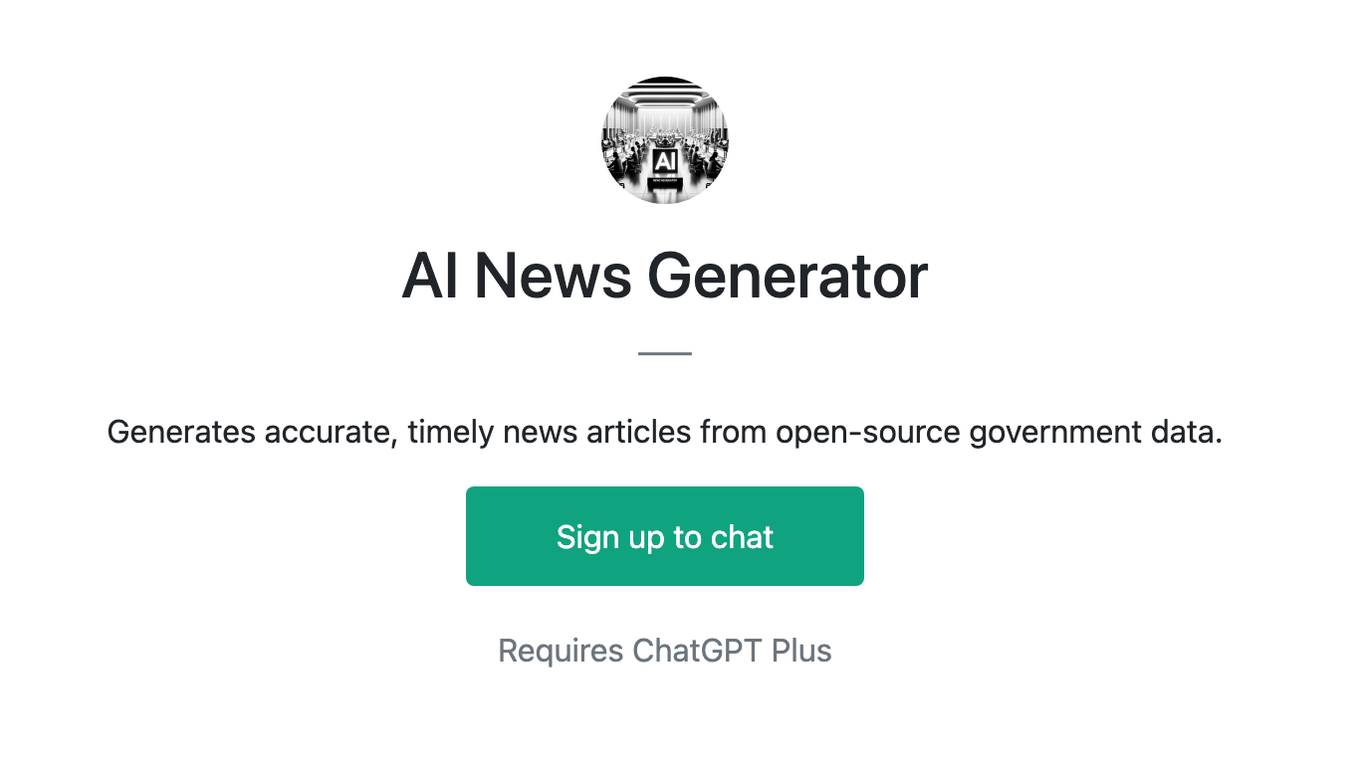
AI News Generator
Generates accurate, timely news articles from open-source government data.
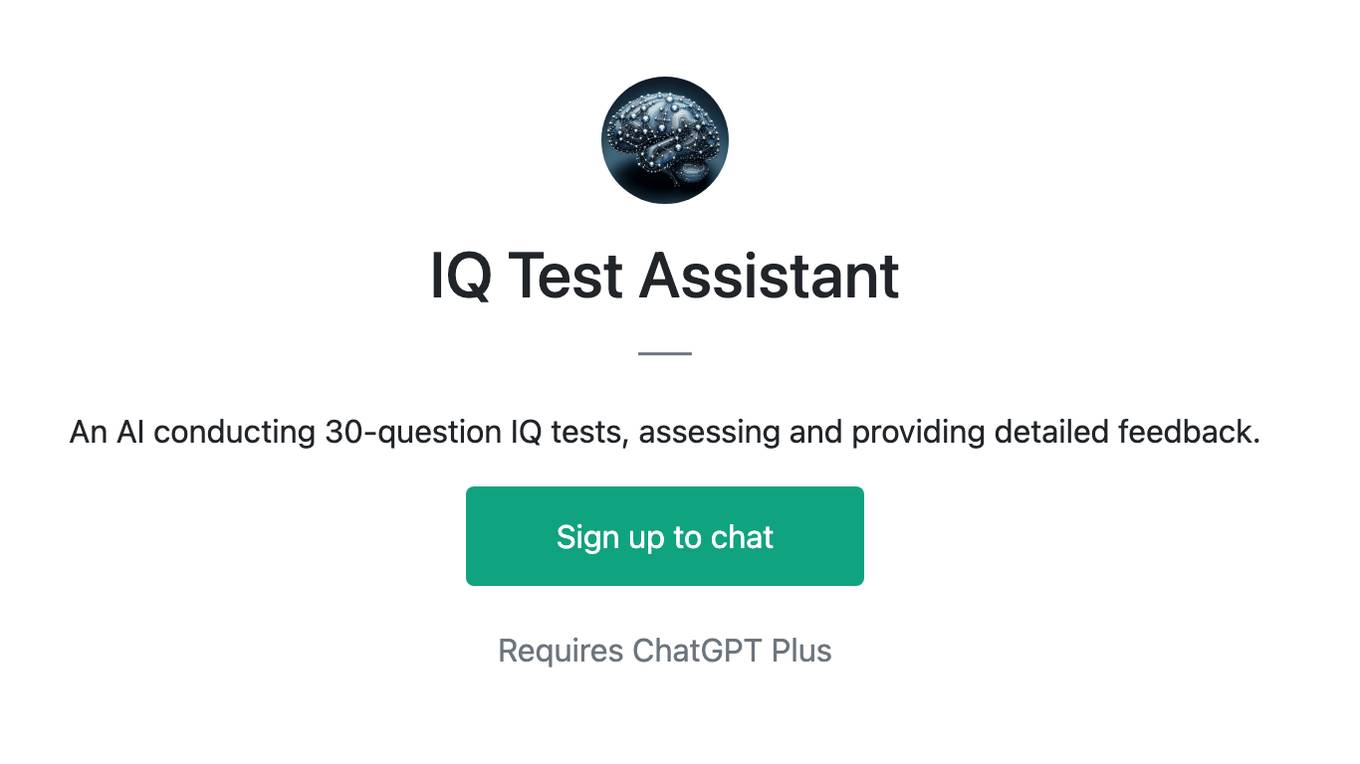
IQ Test Assistant
An AI conducting 30-question IQ tests, assessing and providing detailed feedback.
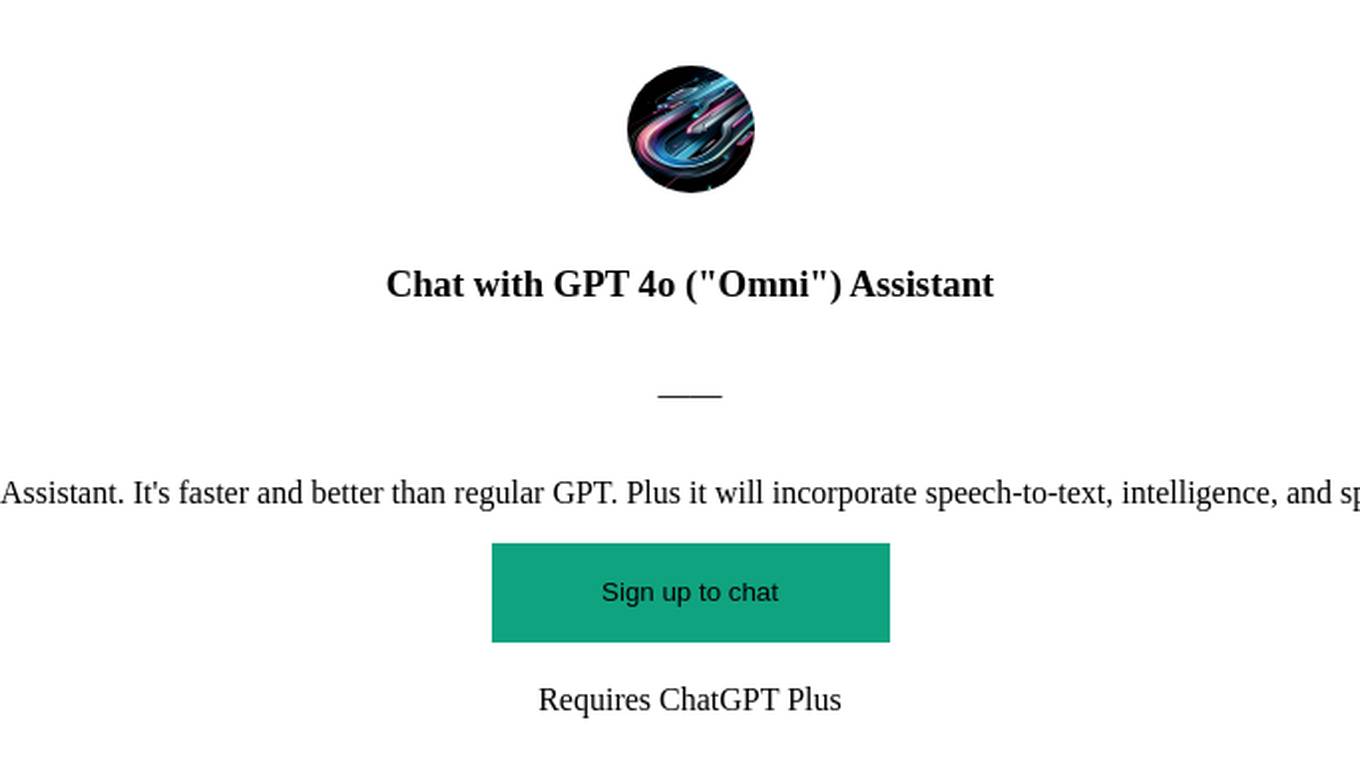
Chat with GPT 4o ("Omni") Assistant
Try the new AI chat model: GPT 4o ("Omni") Assistant. It's faster and better than regular GPT. Plus it will incorporate speech-to-text, intelligence, and speech-to-text capabilities with extra low latency.
